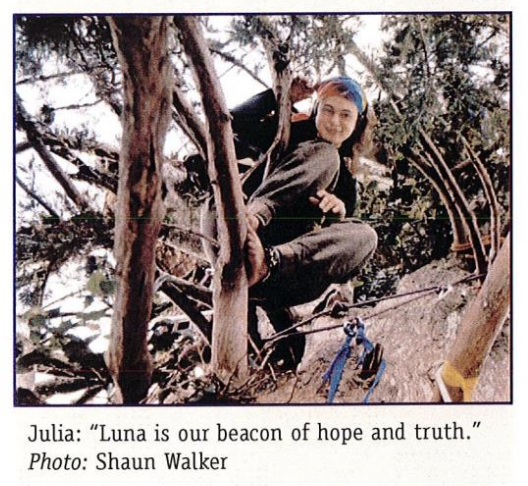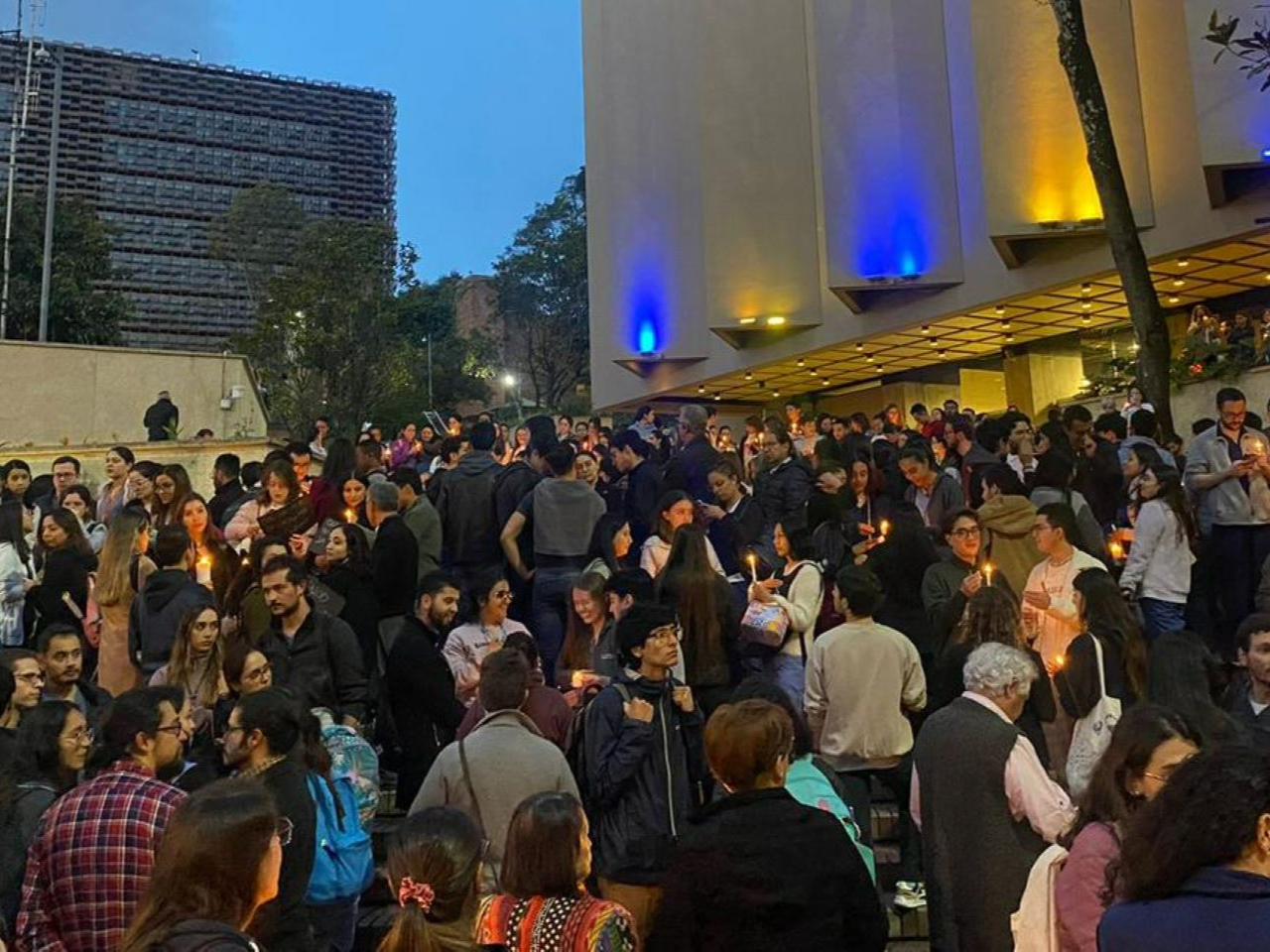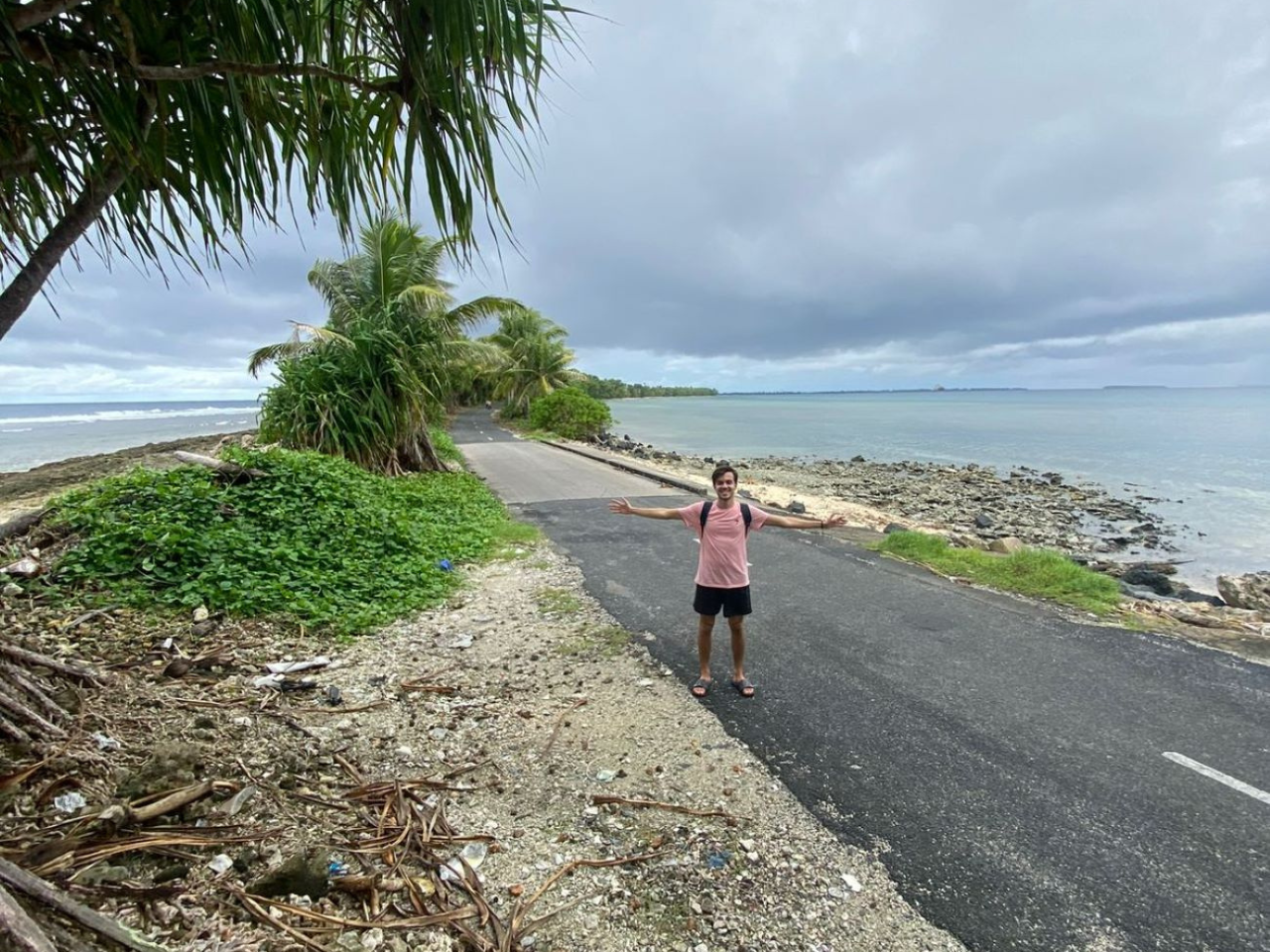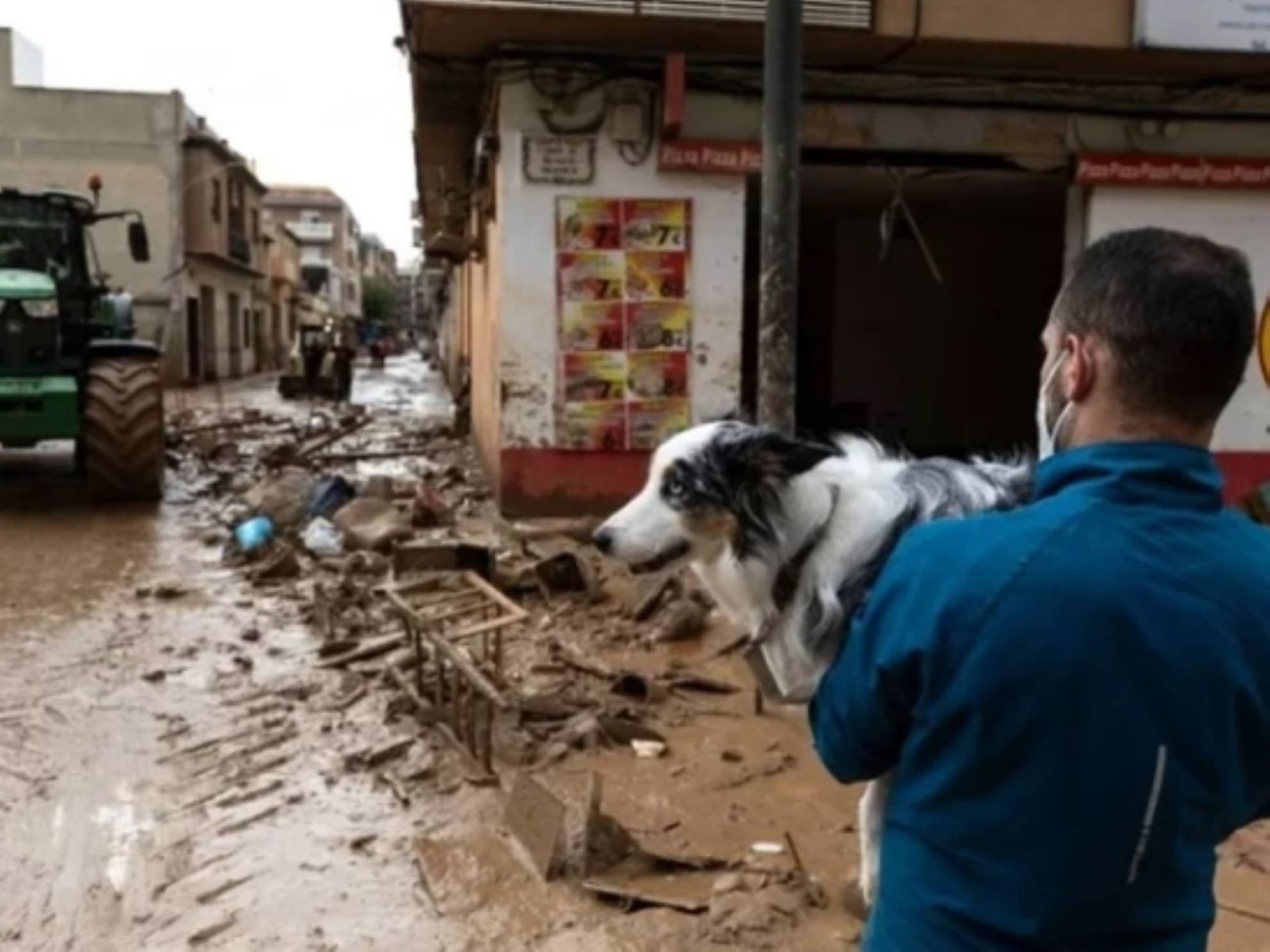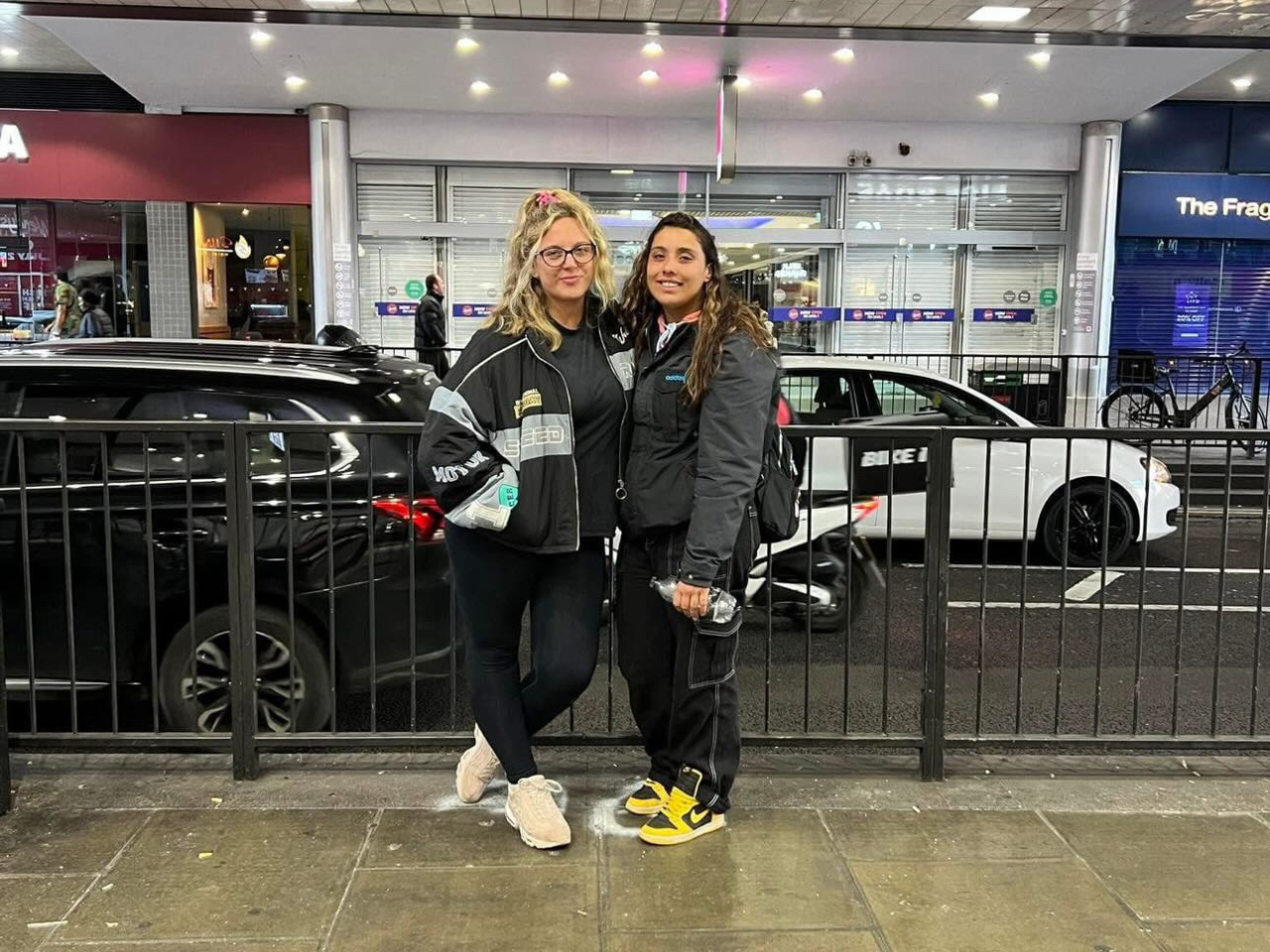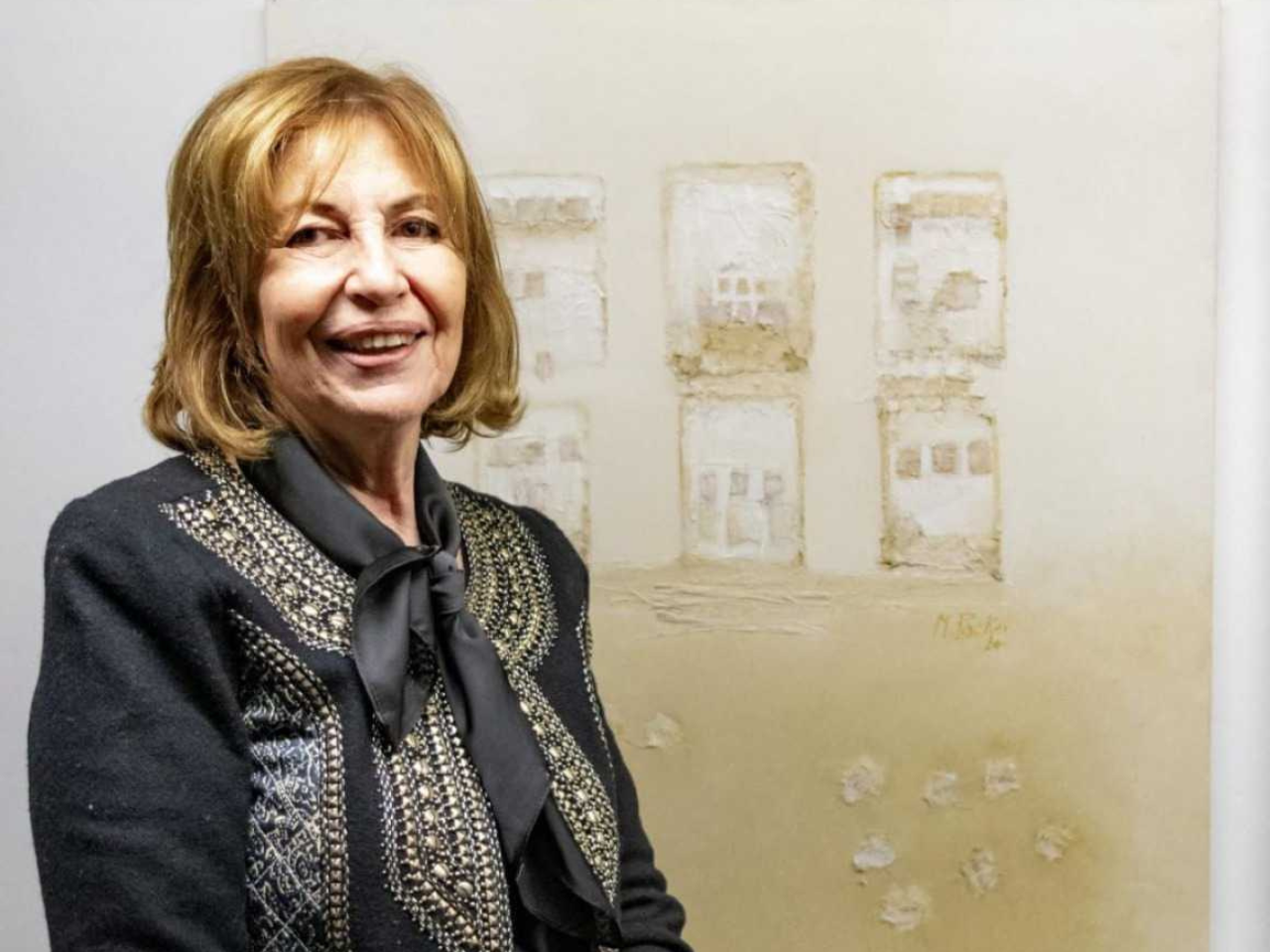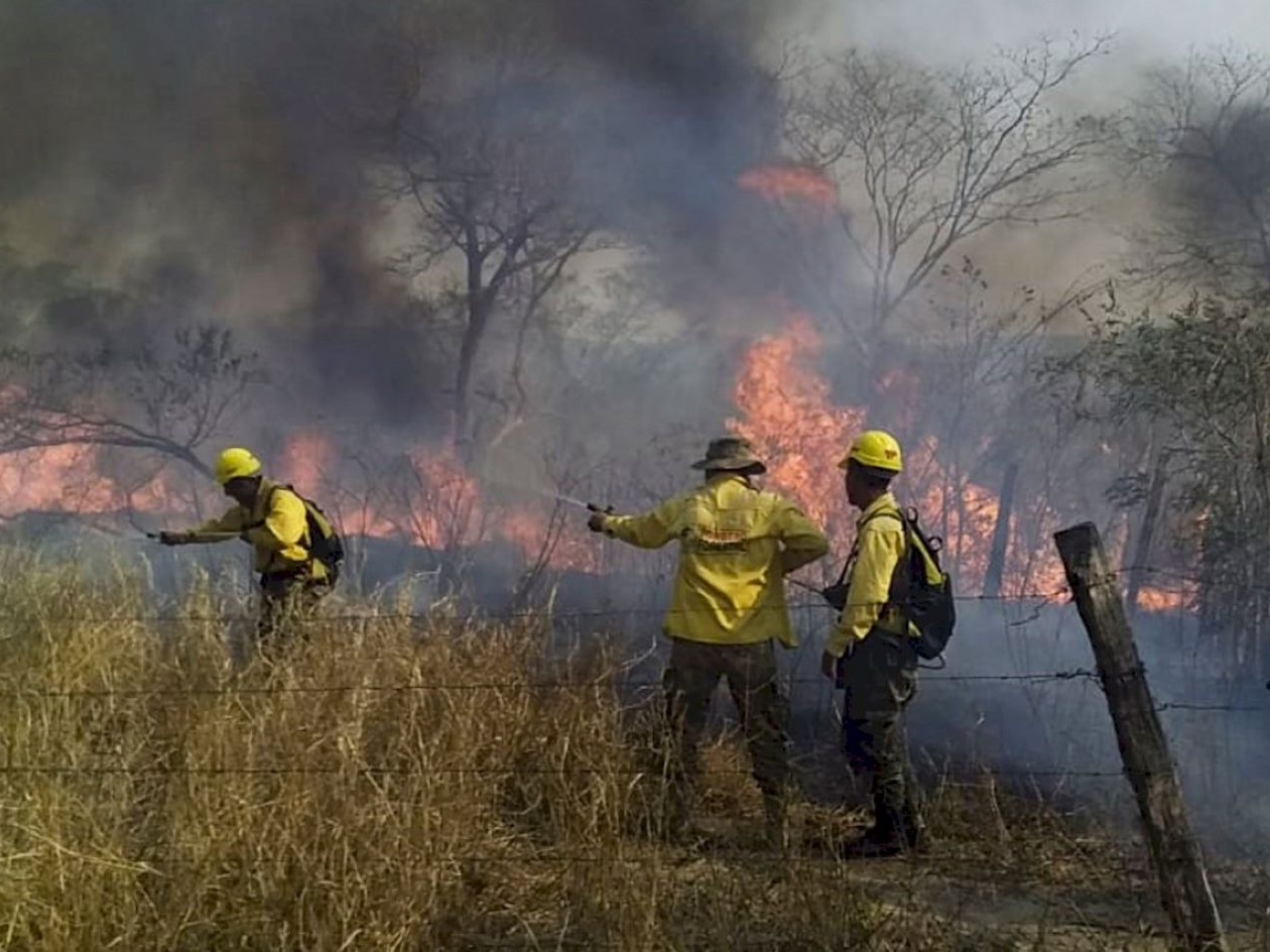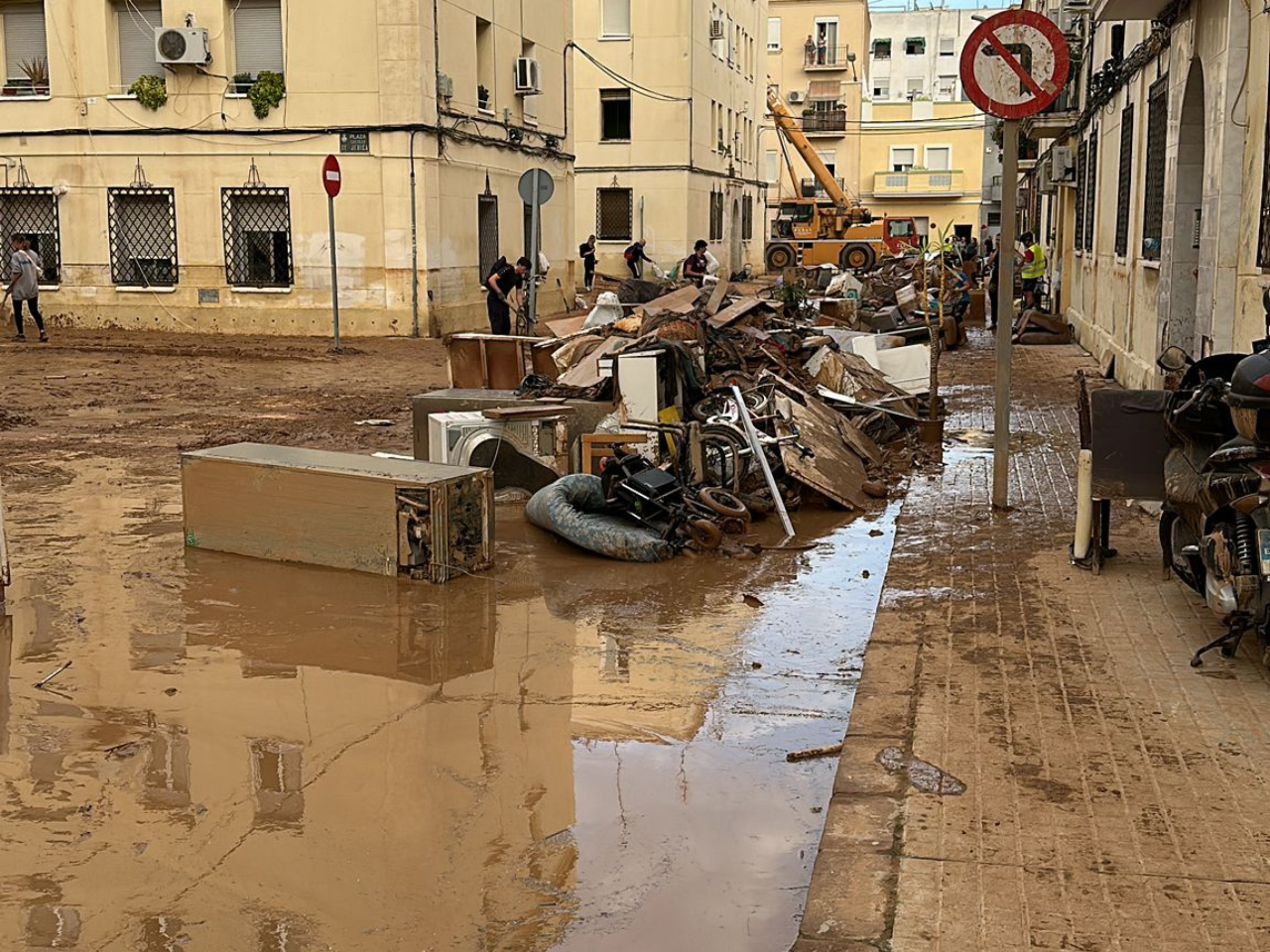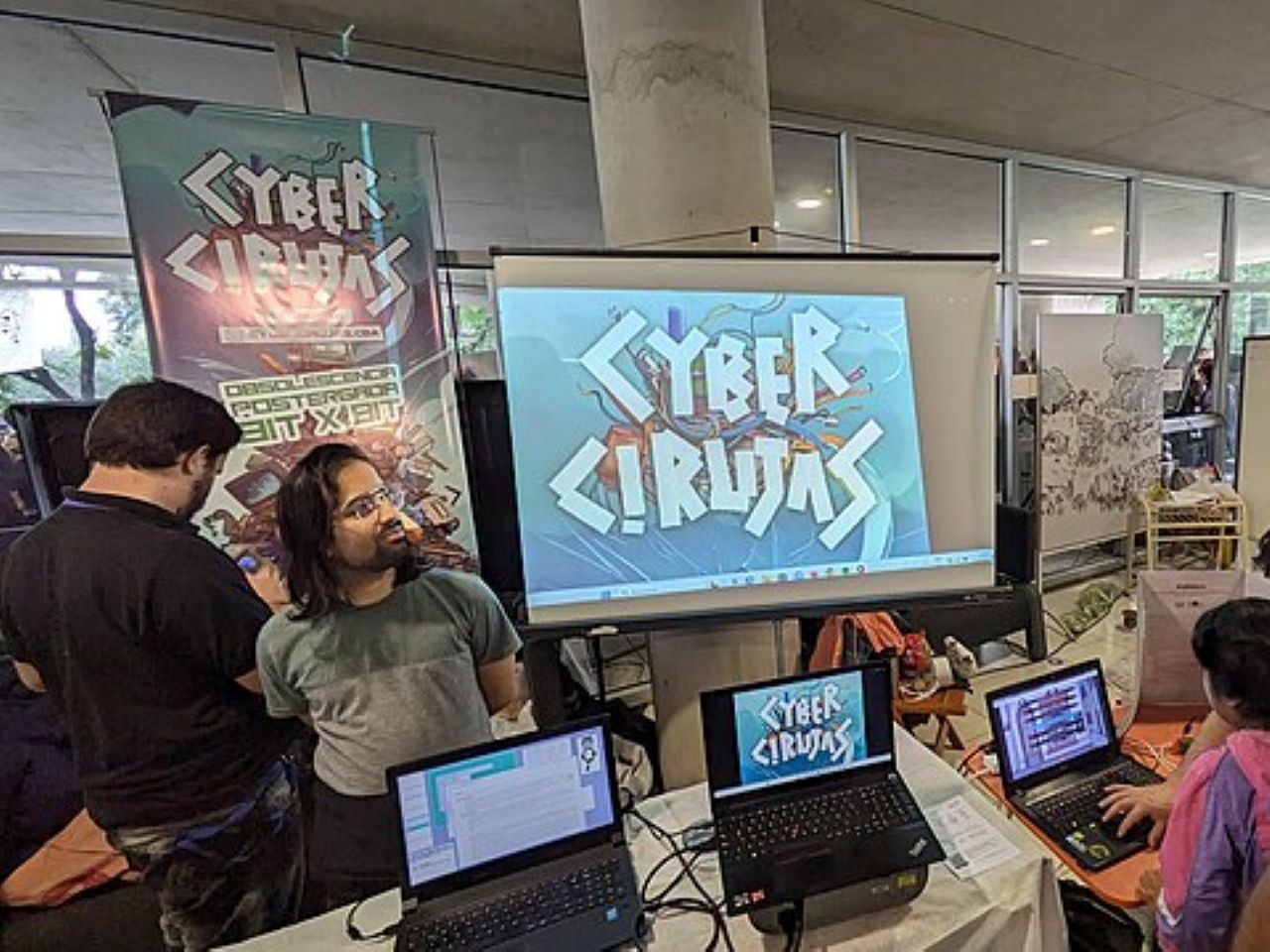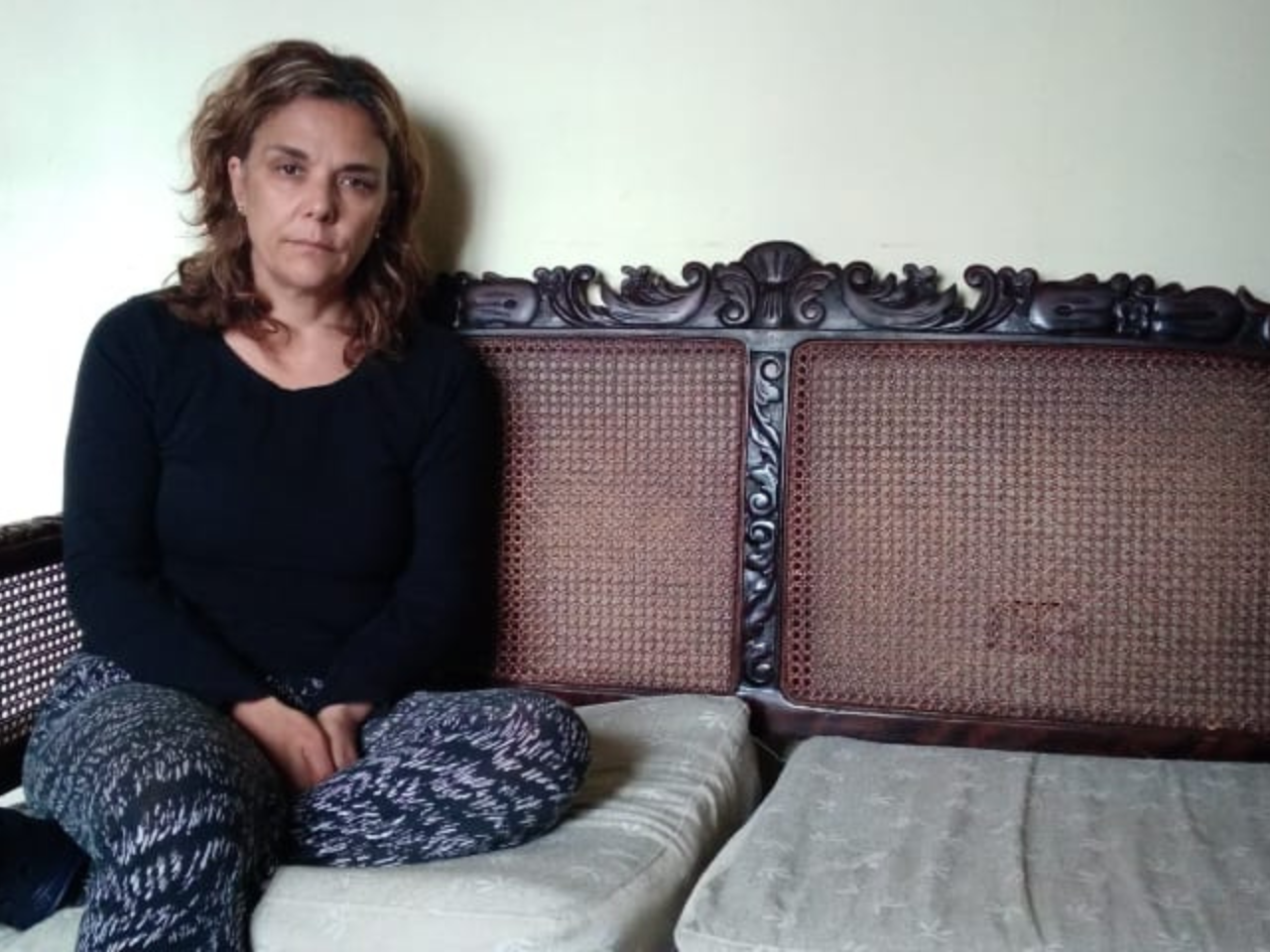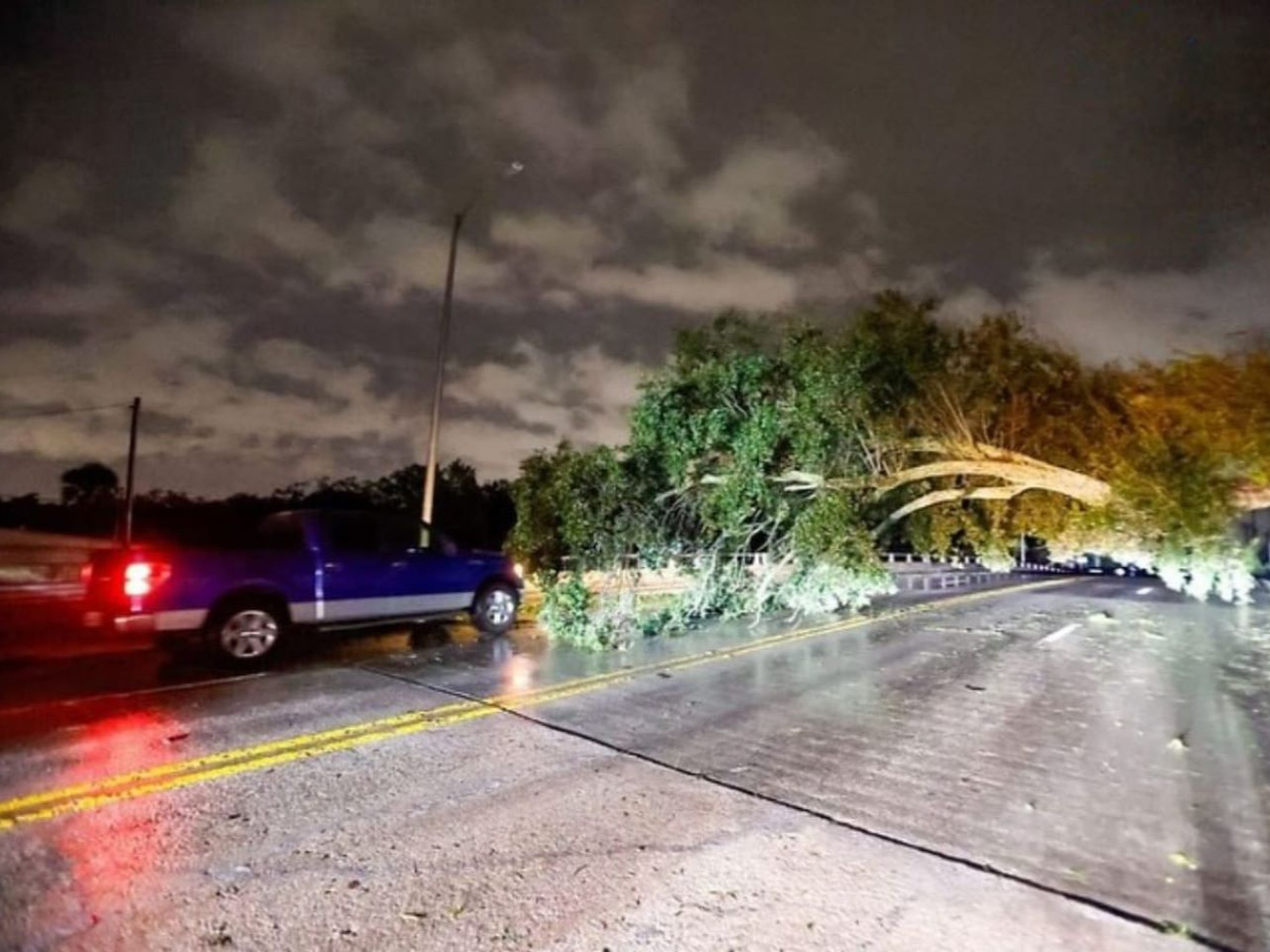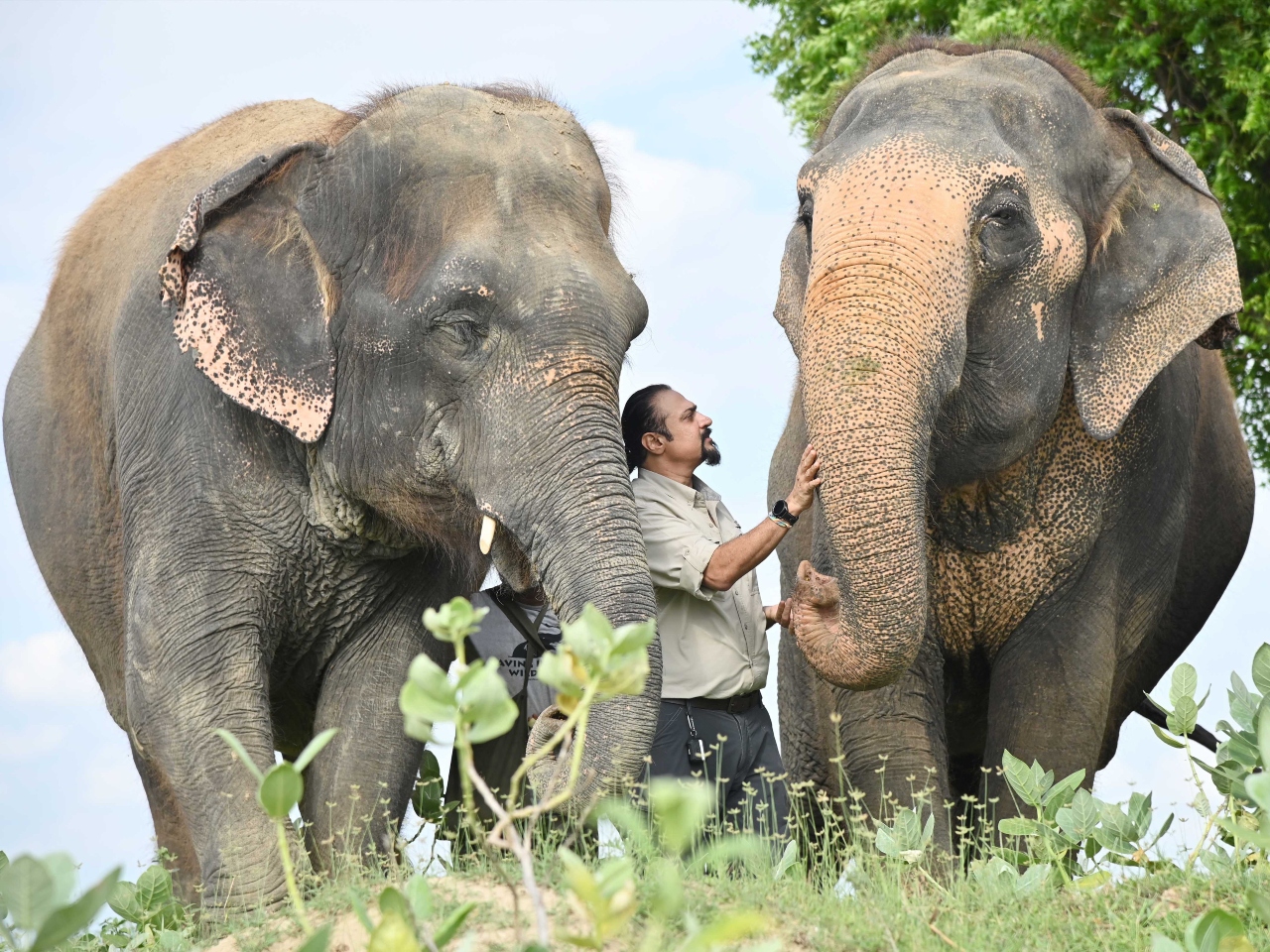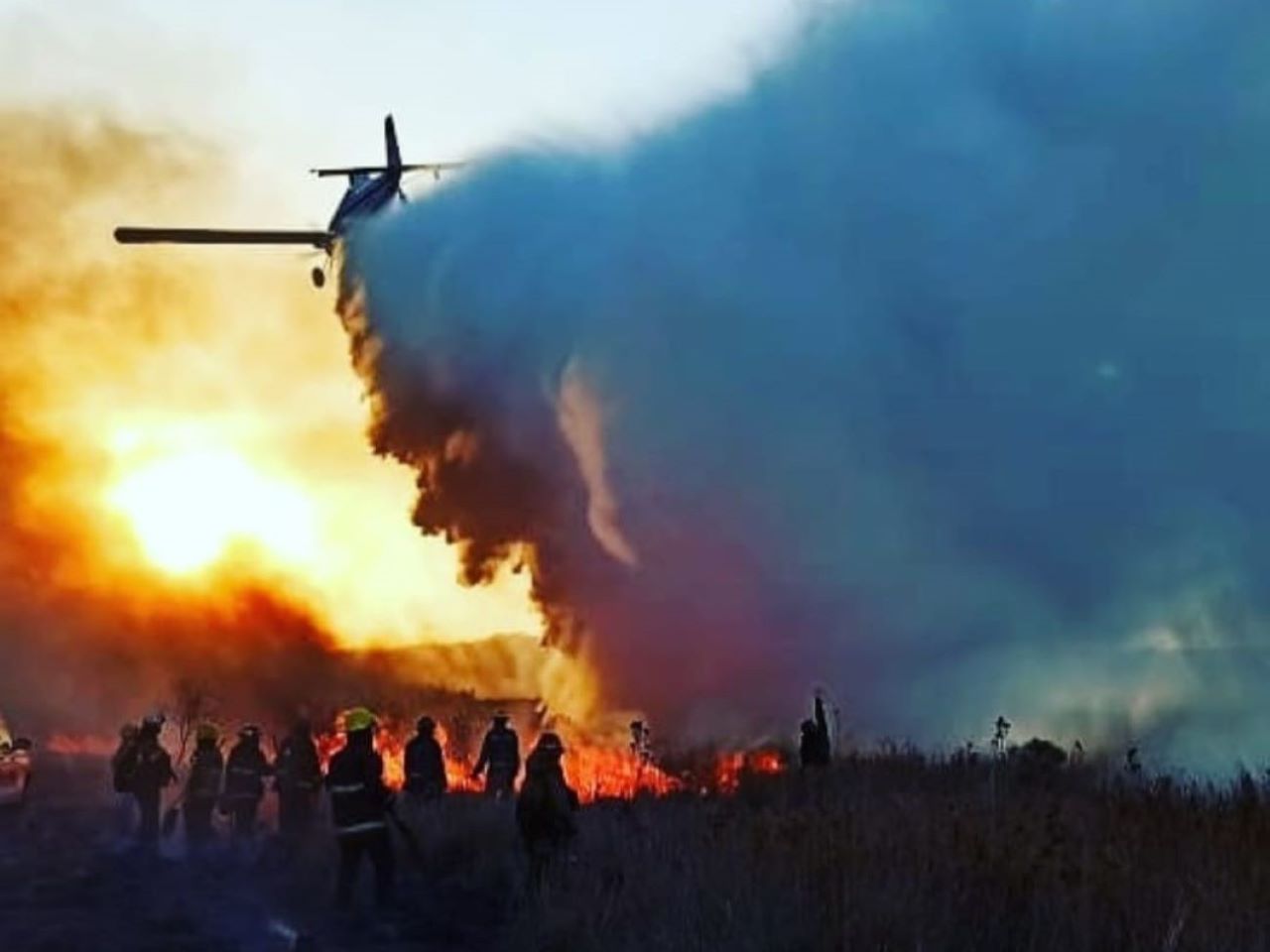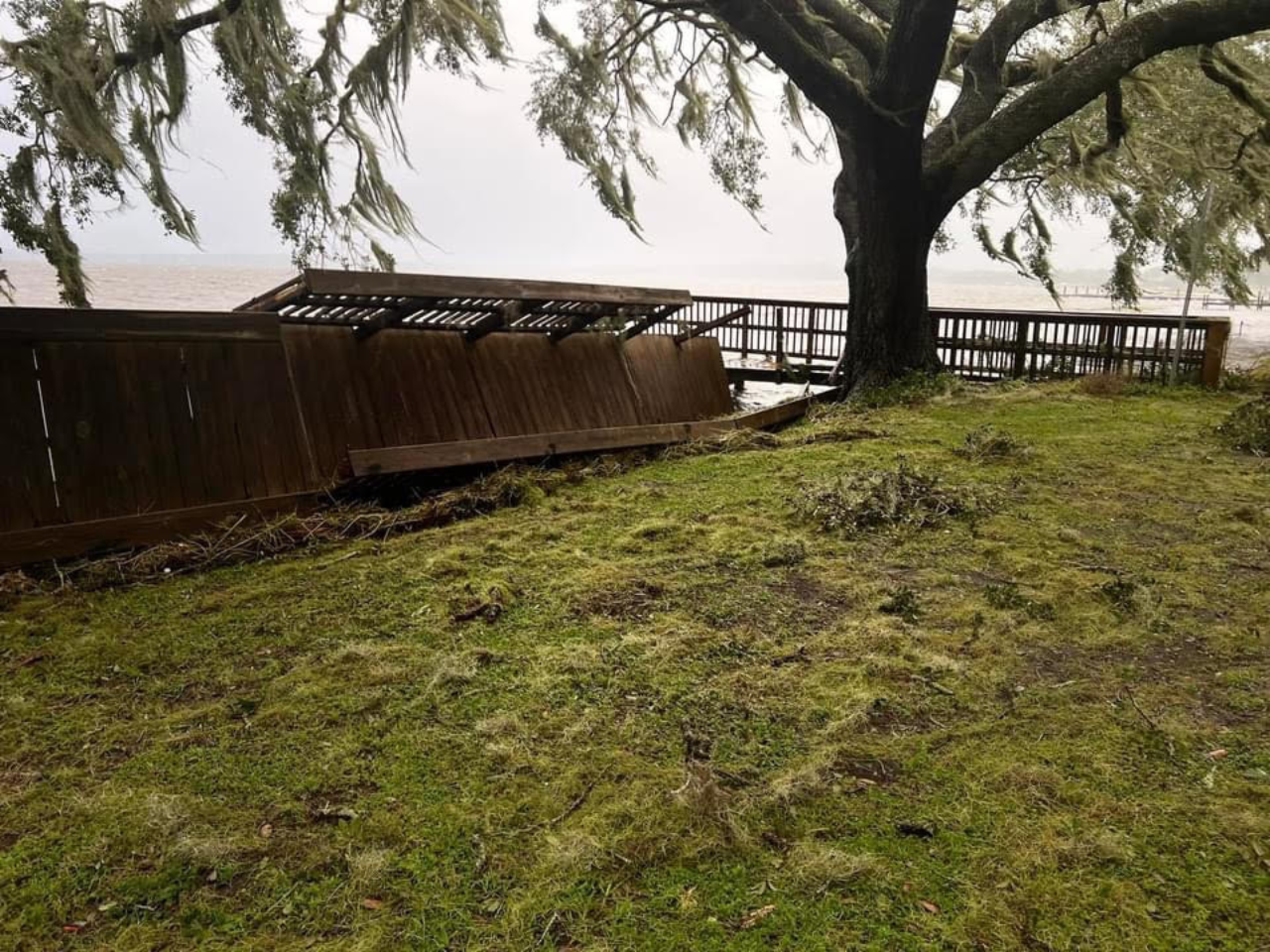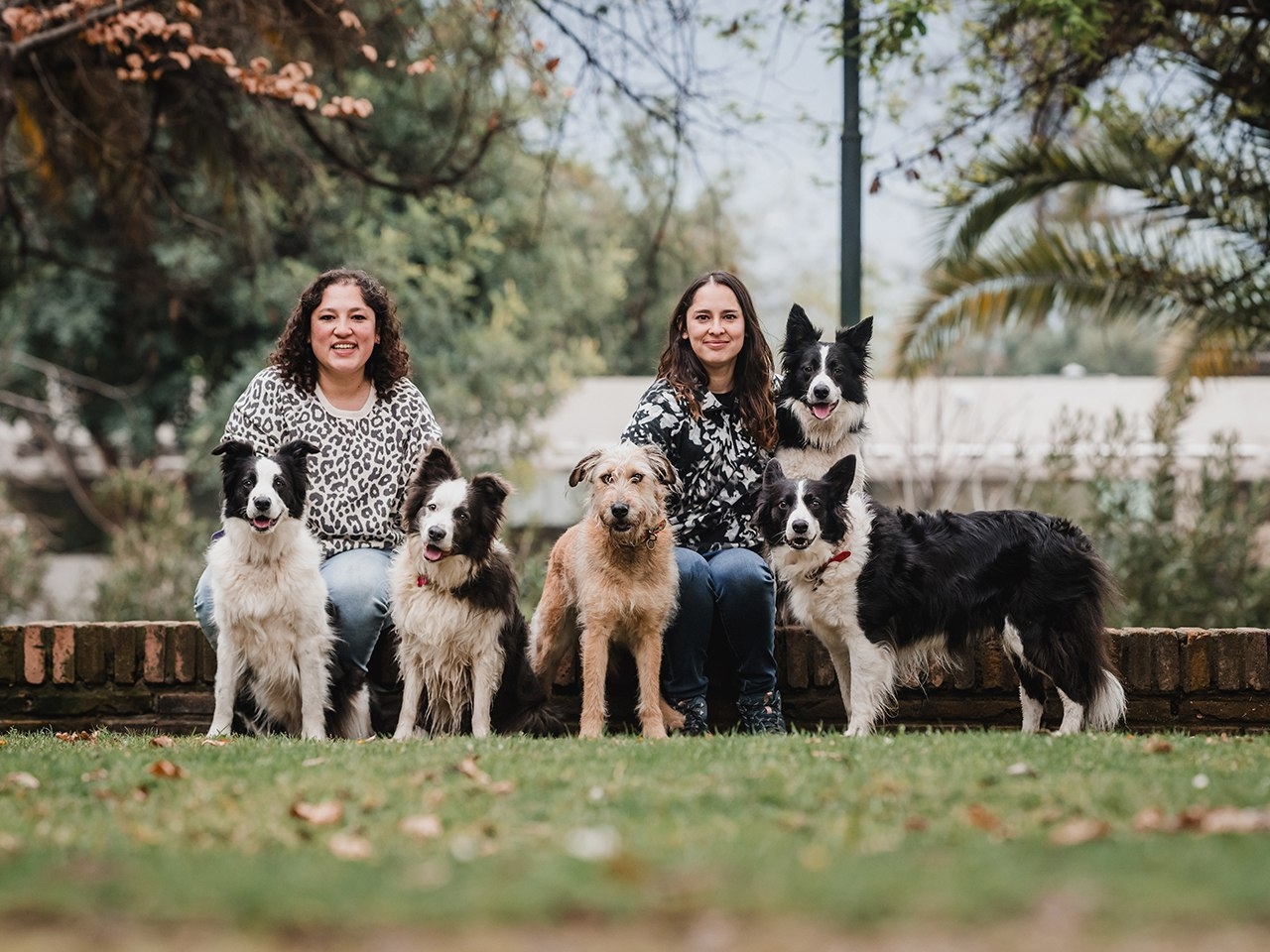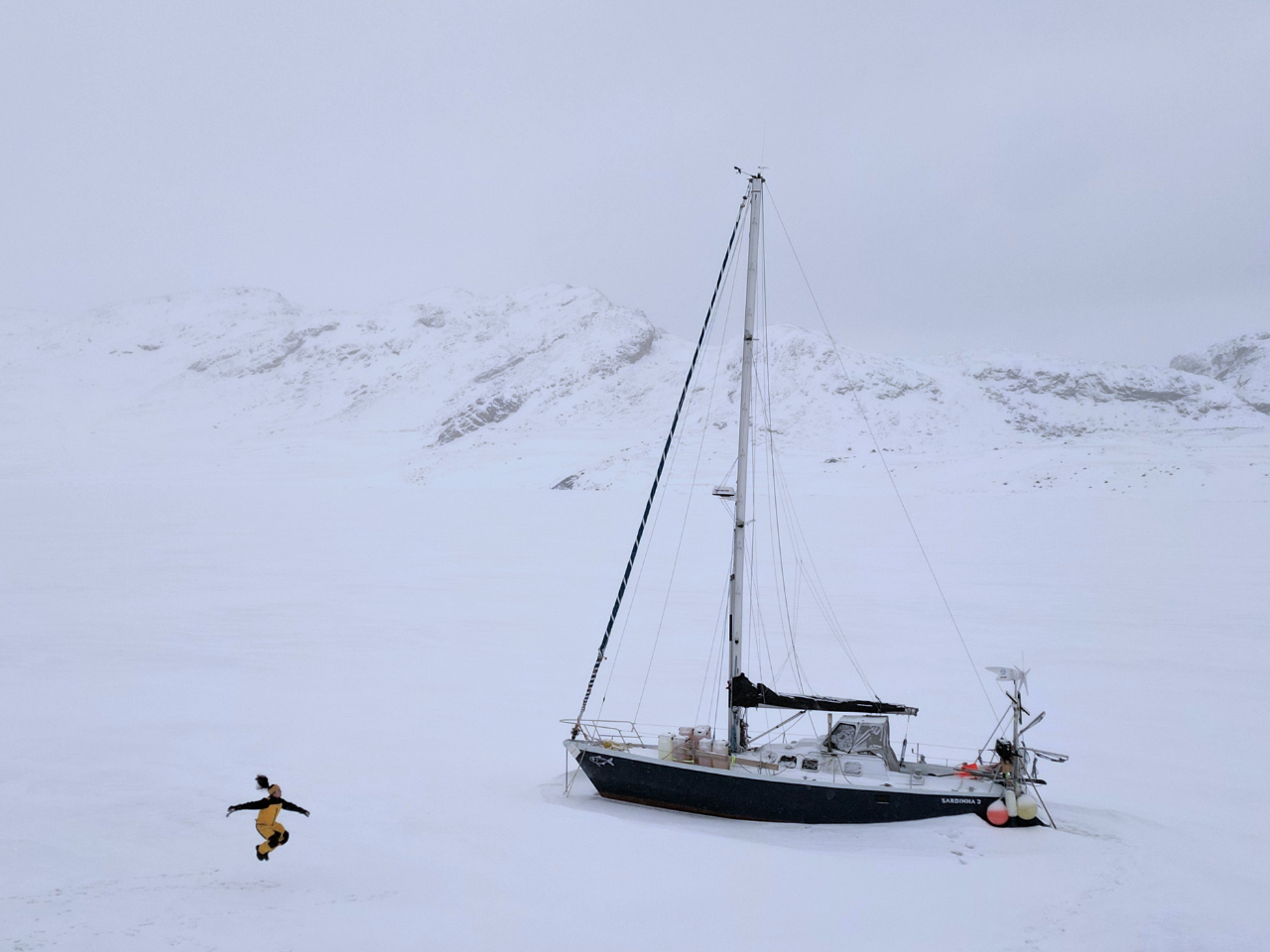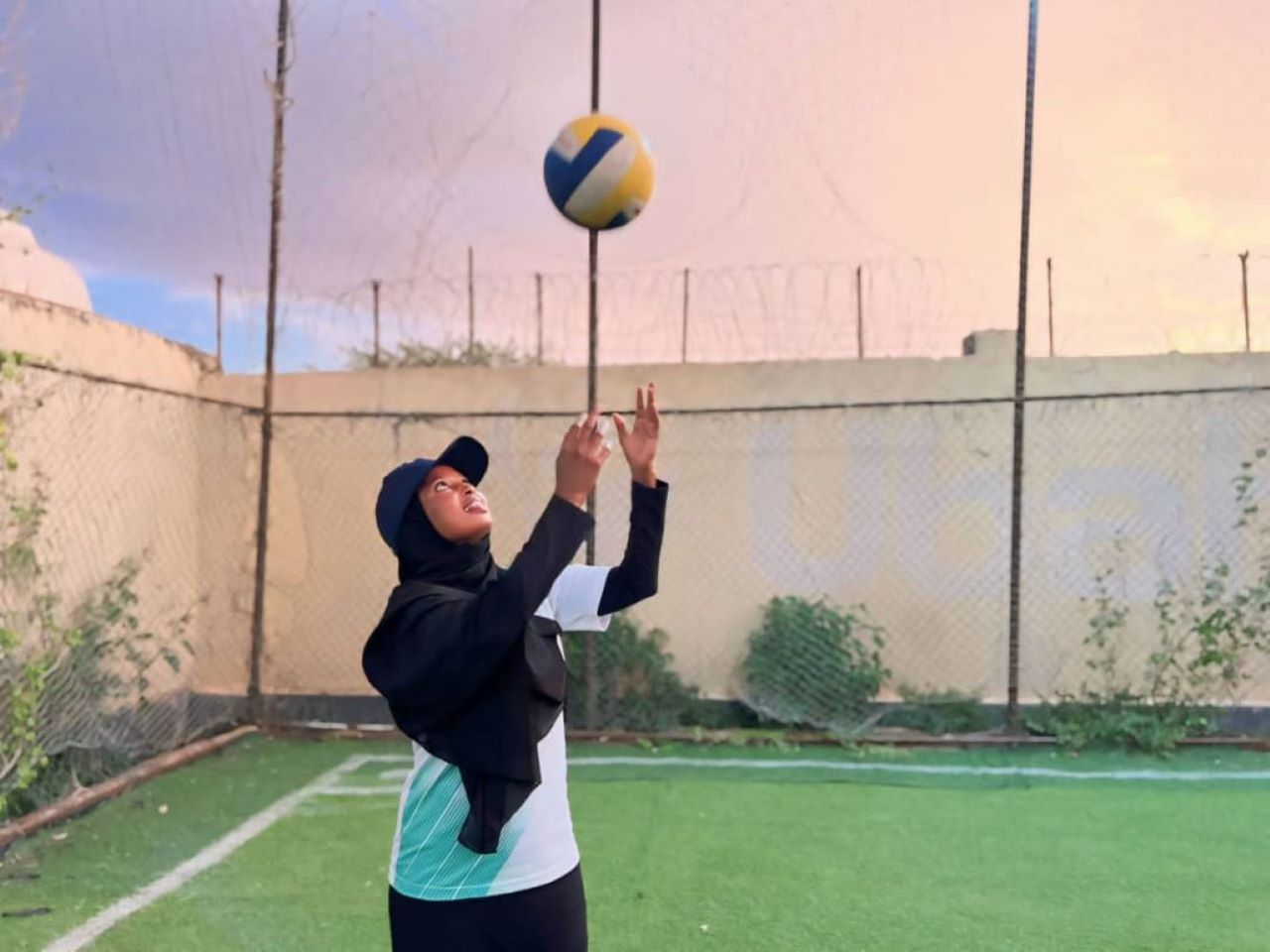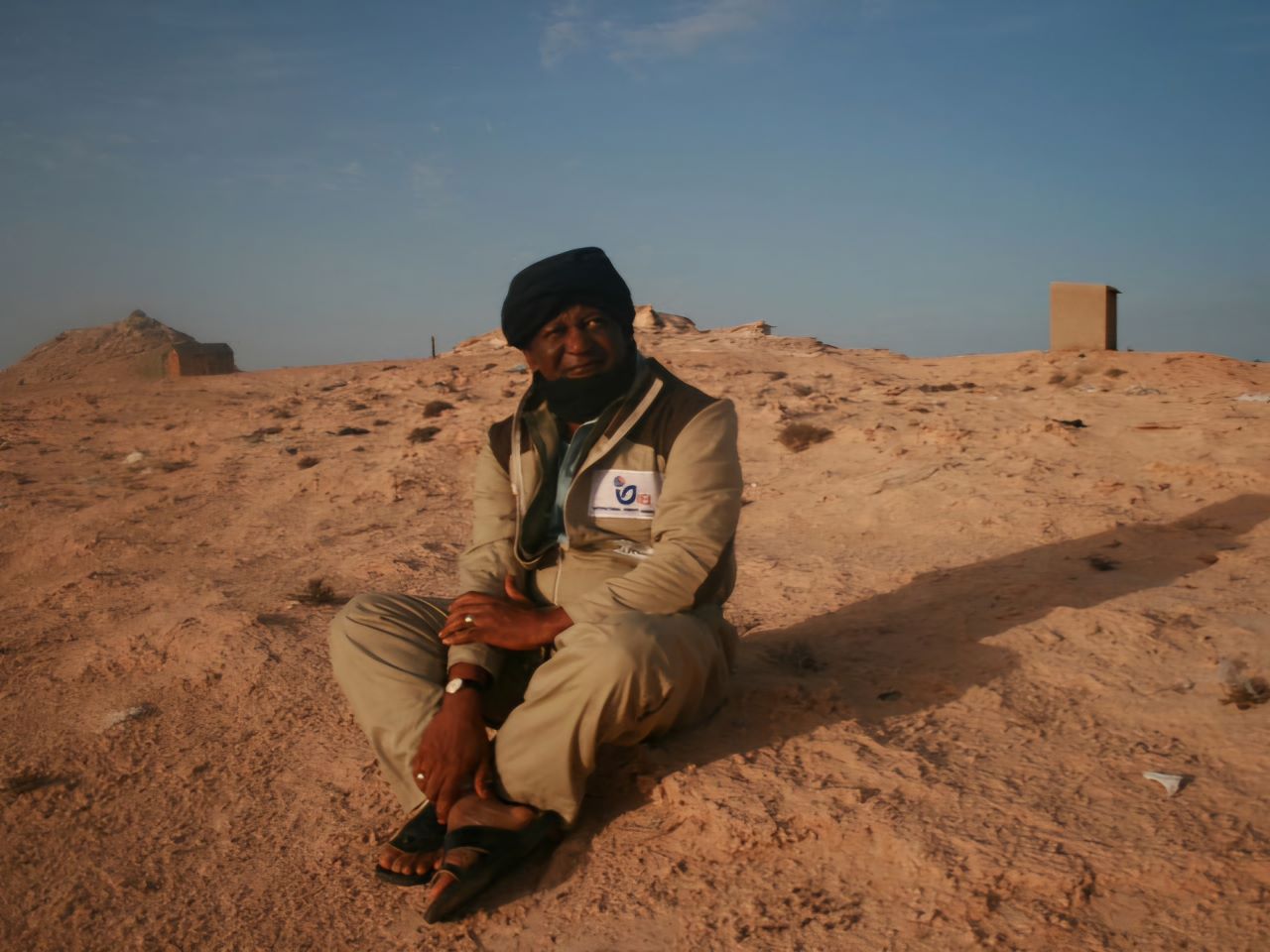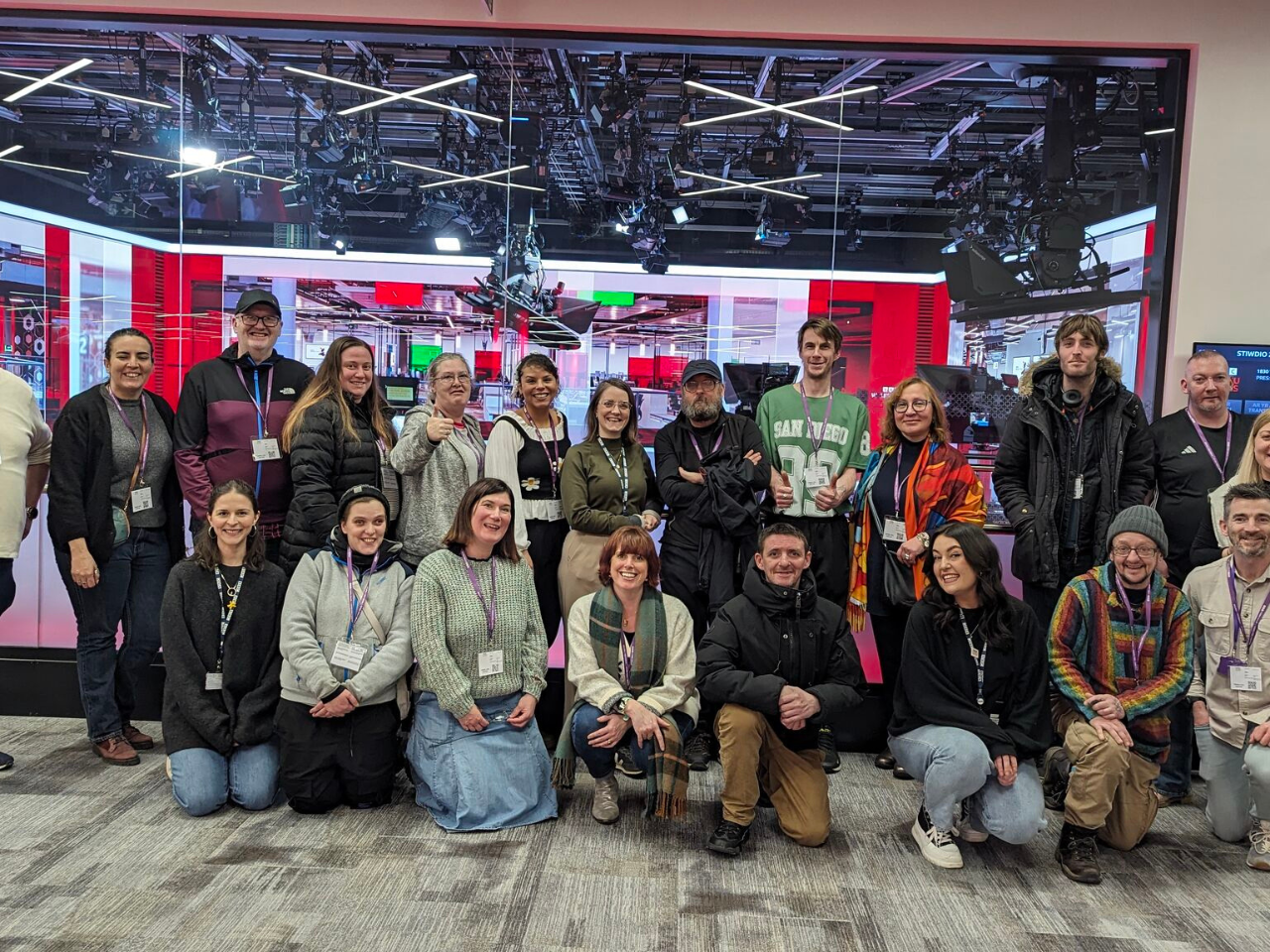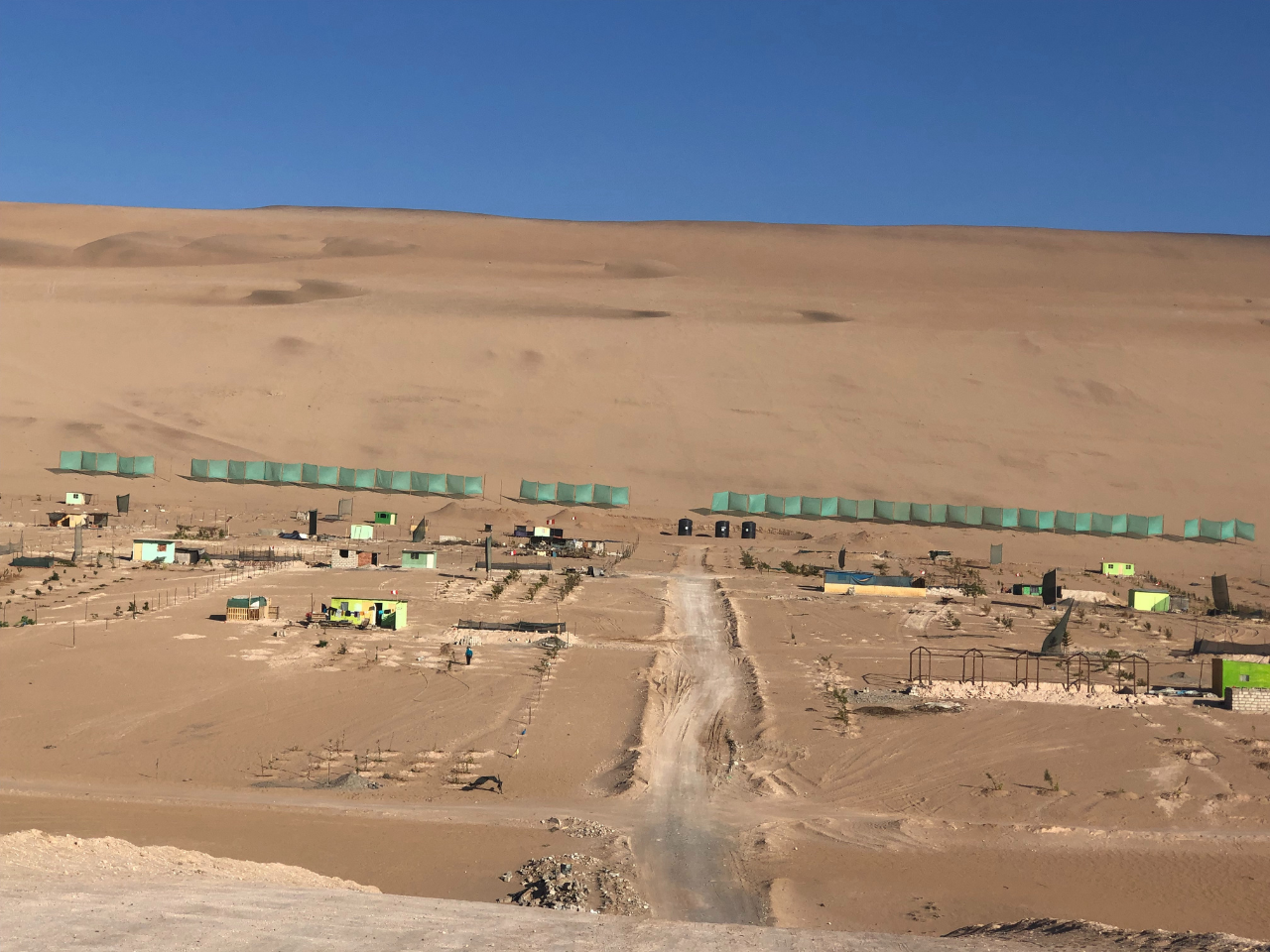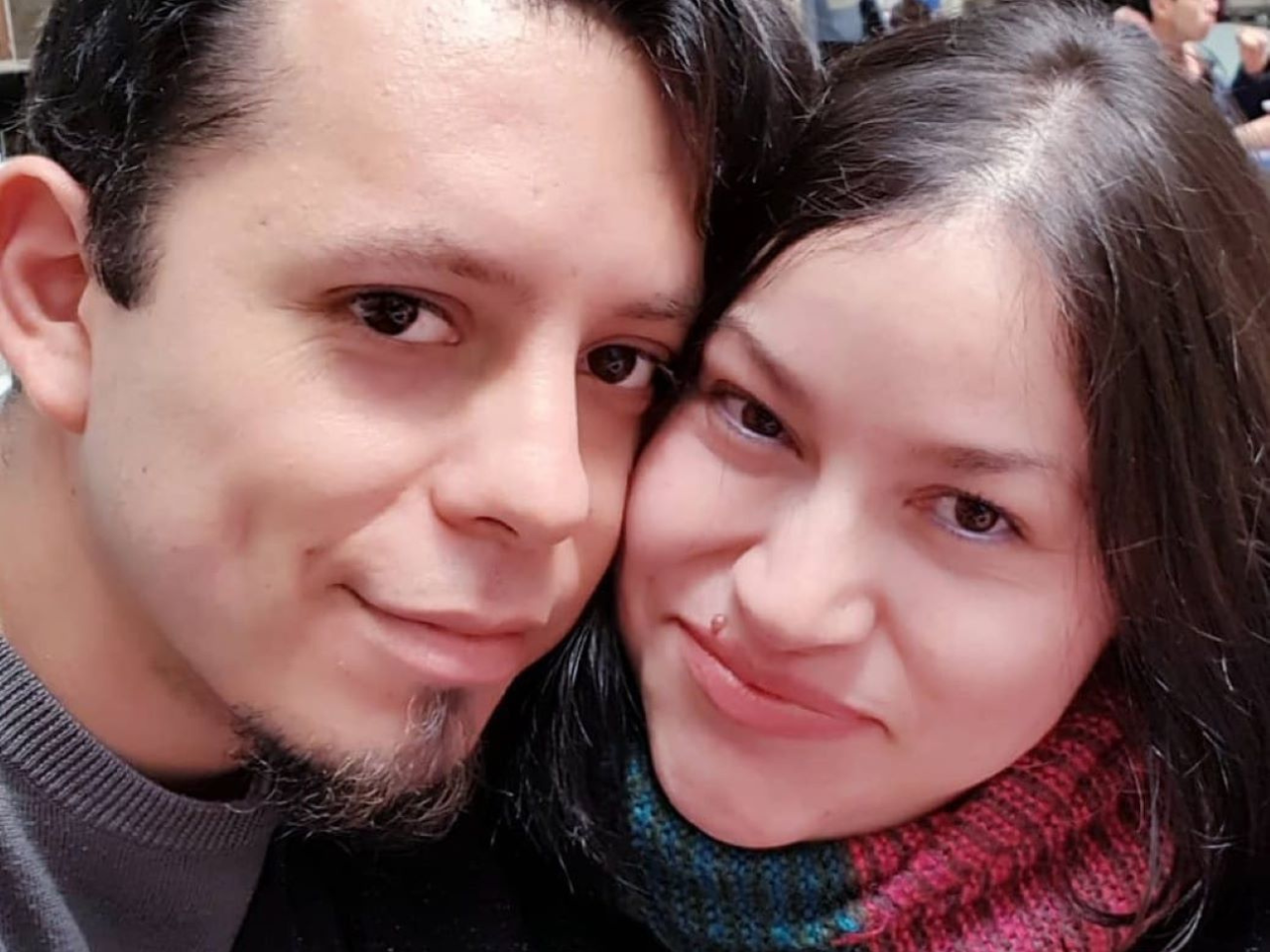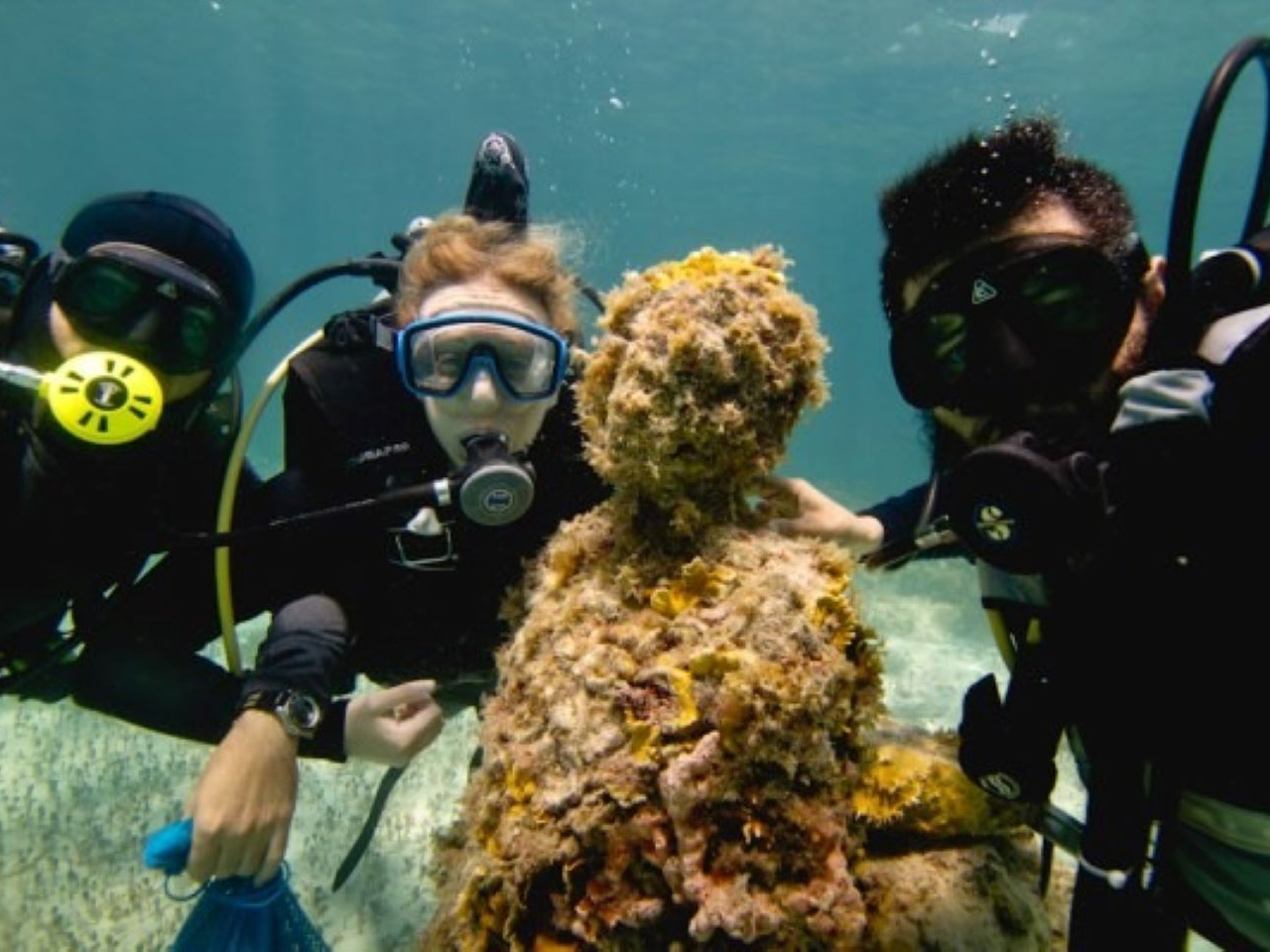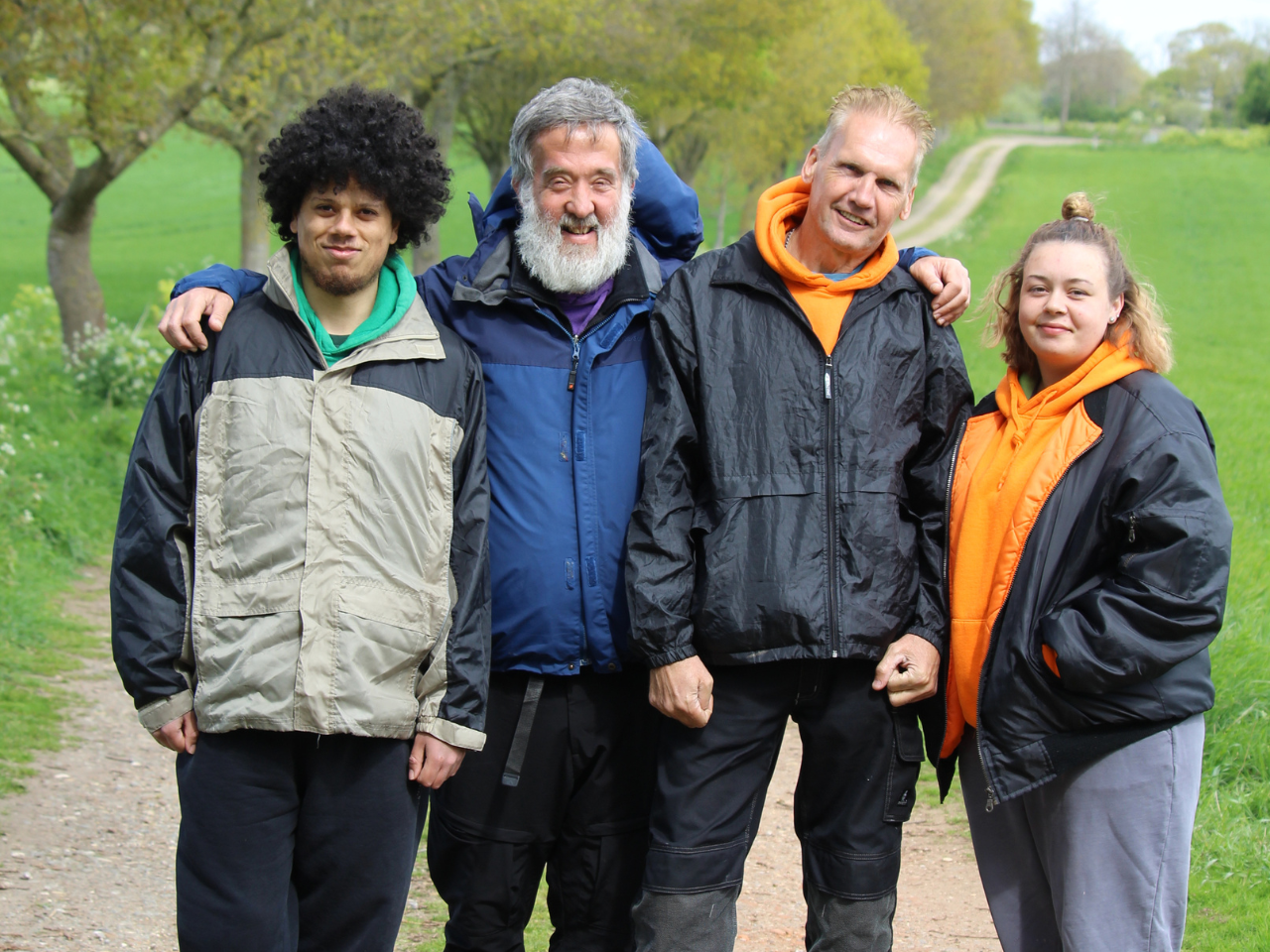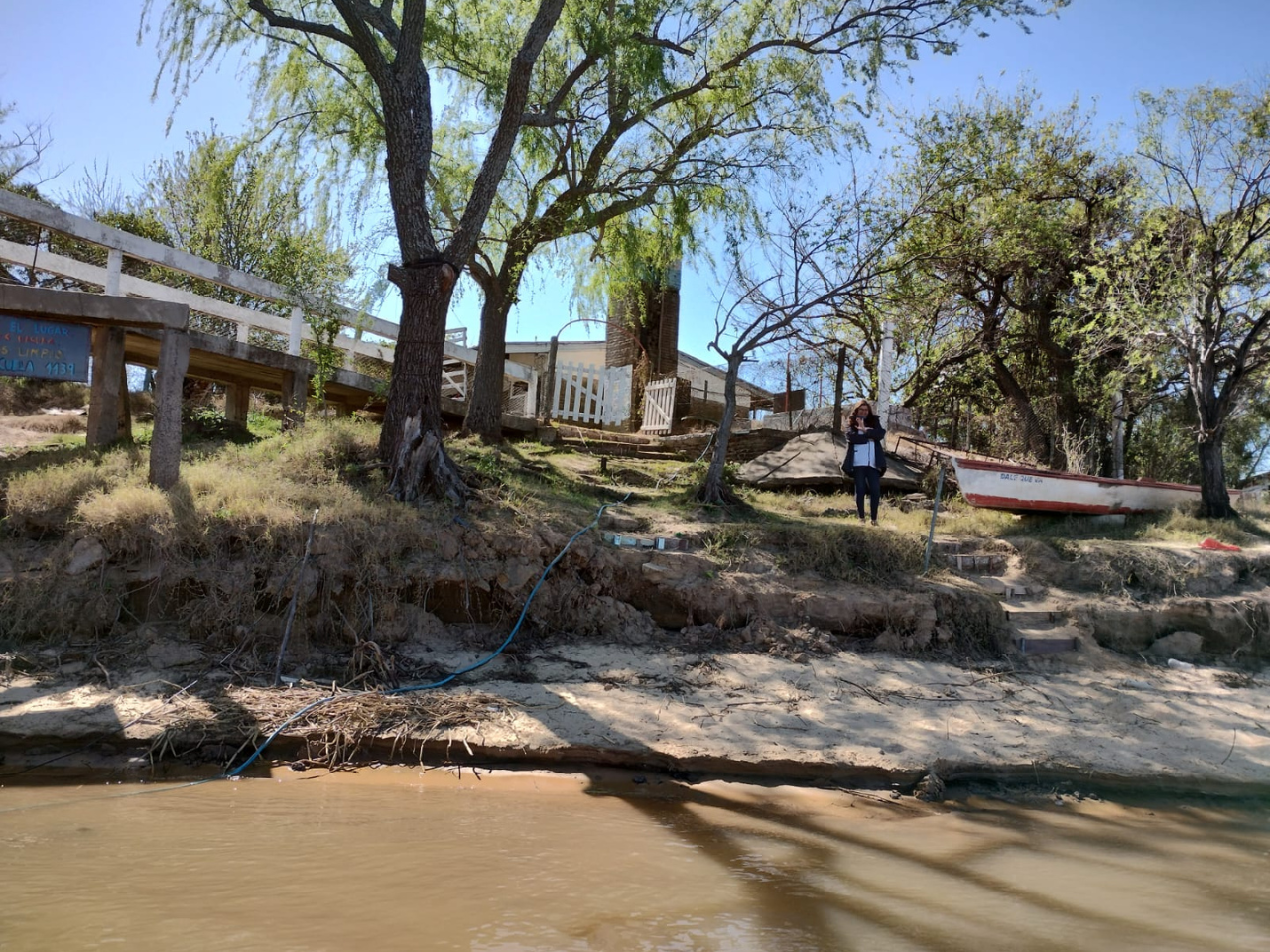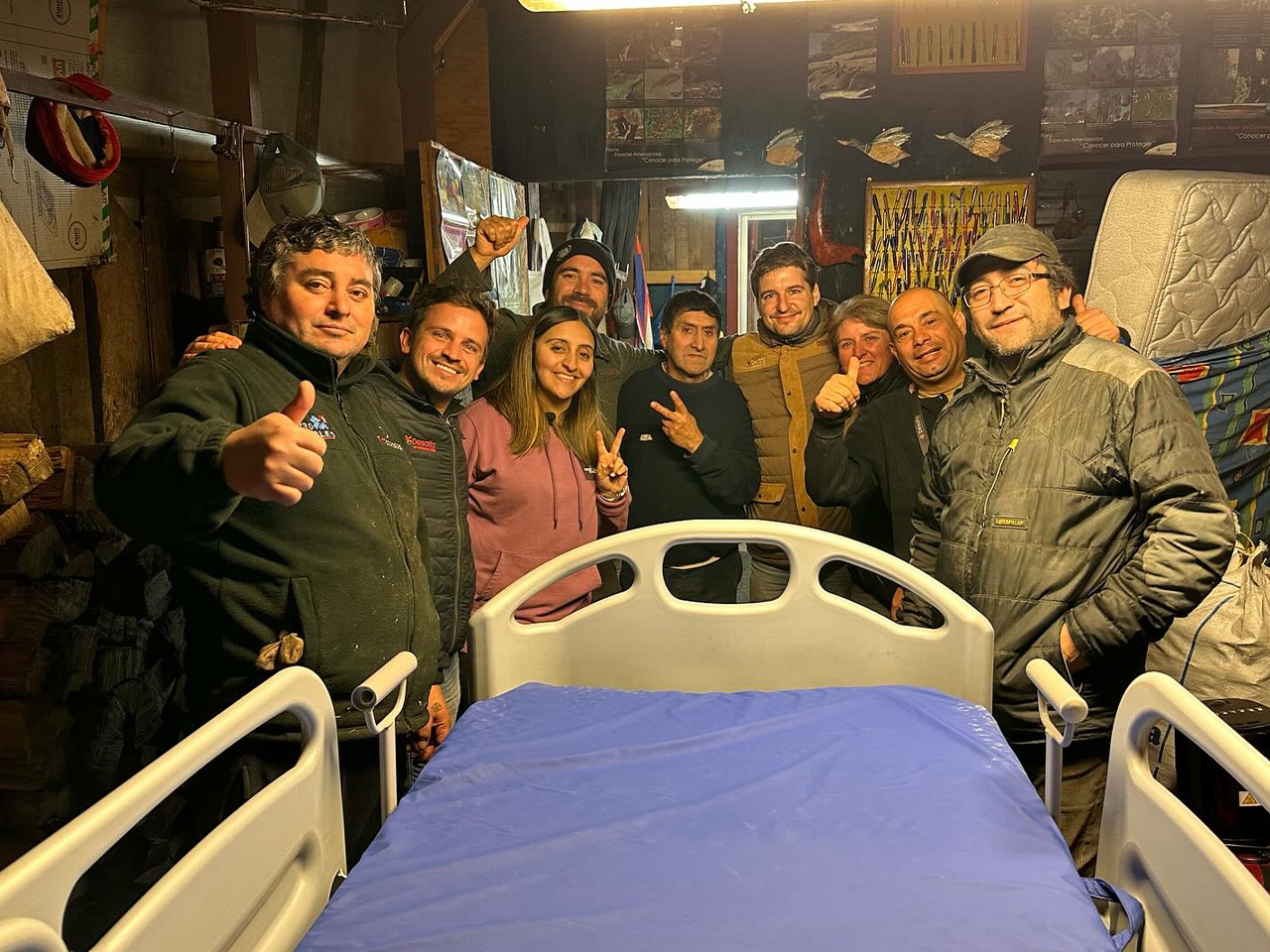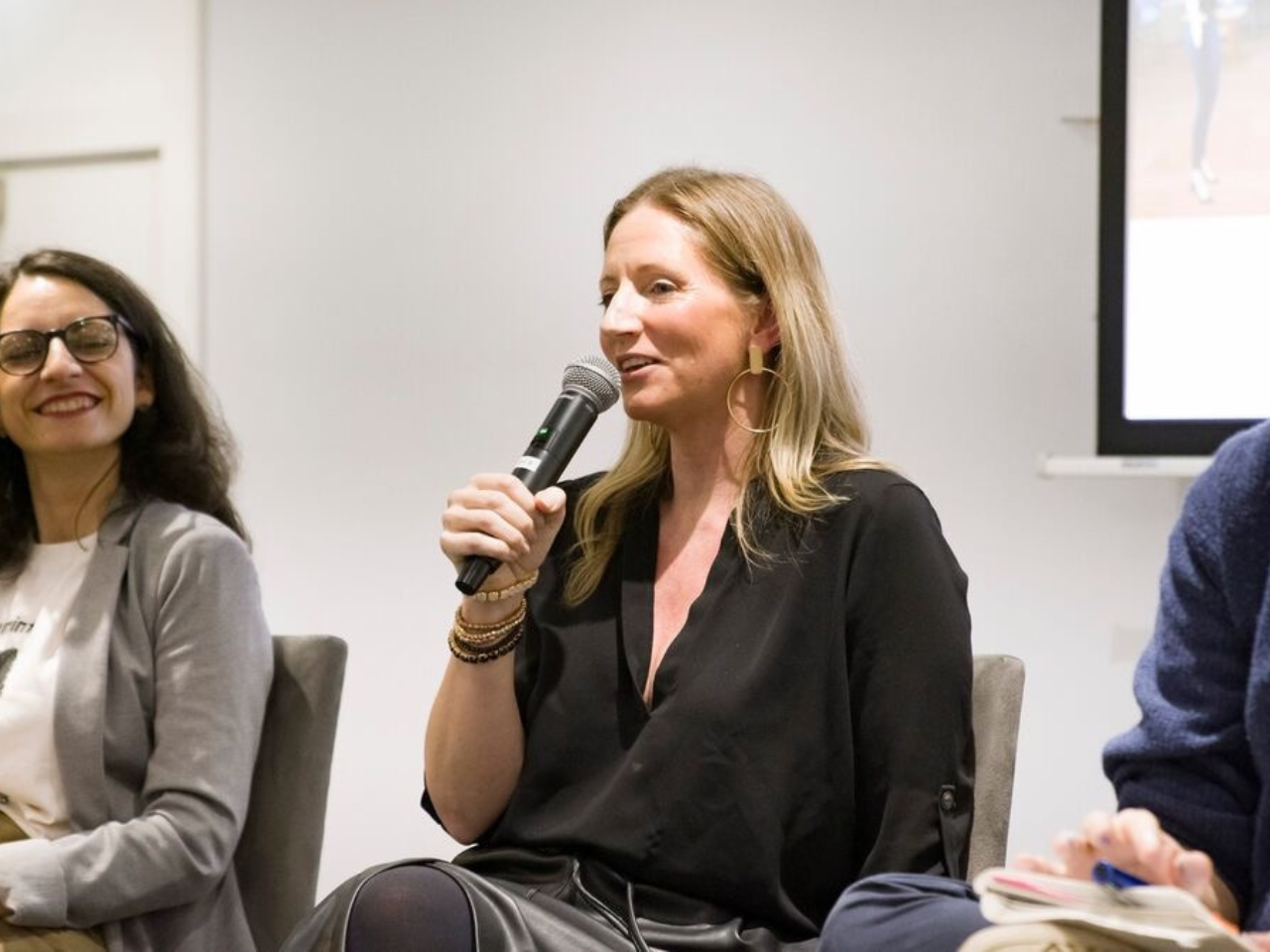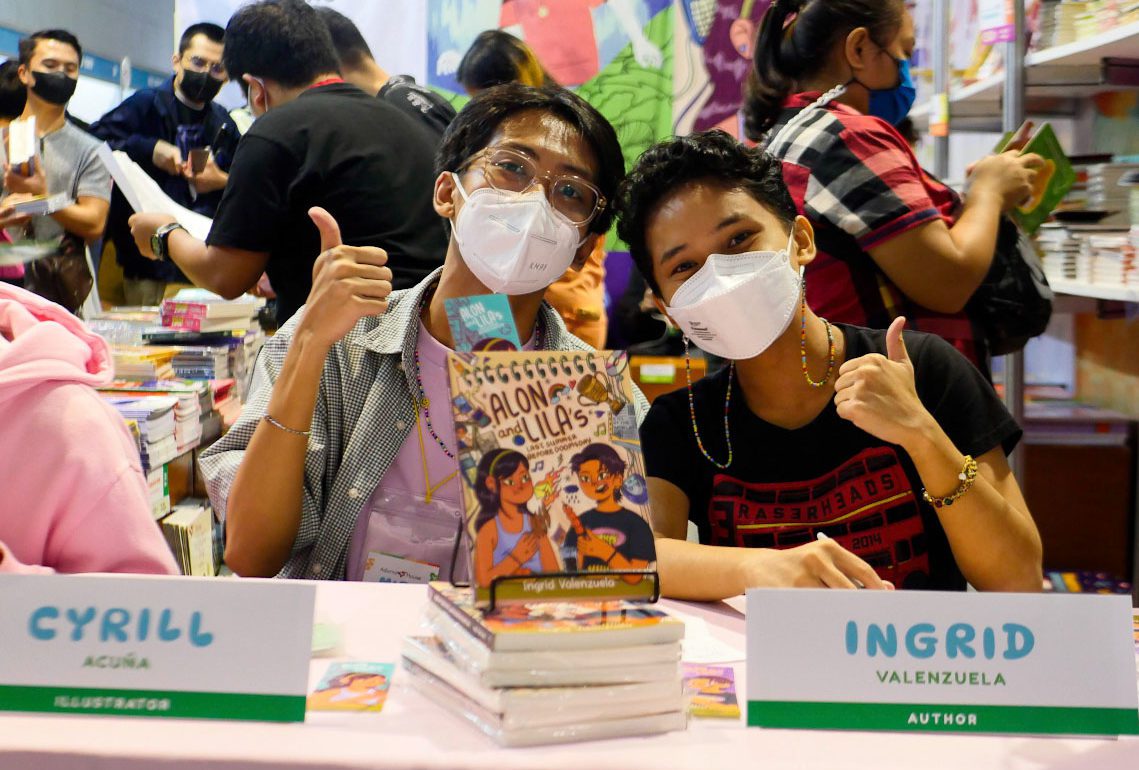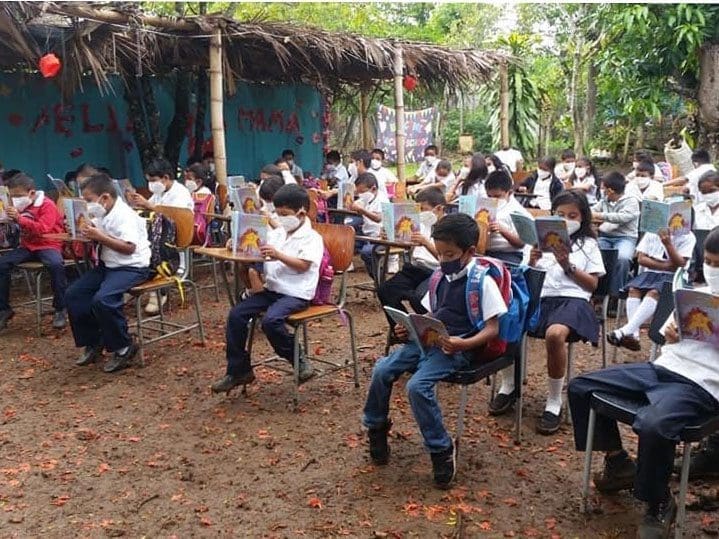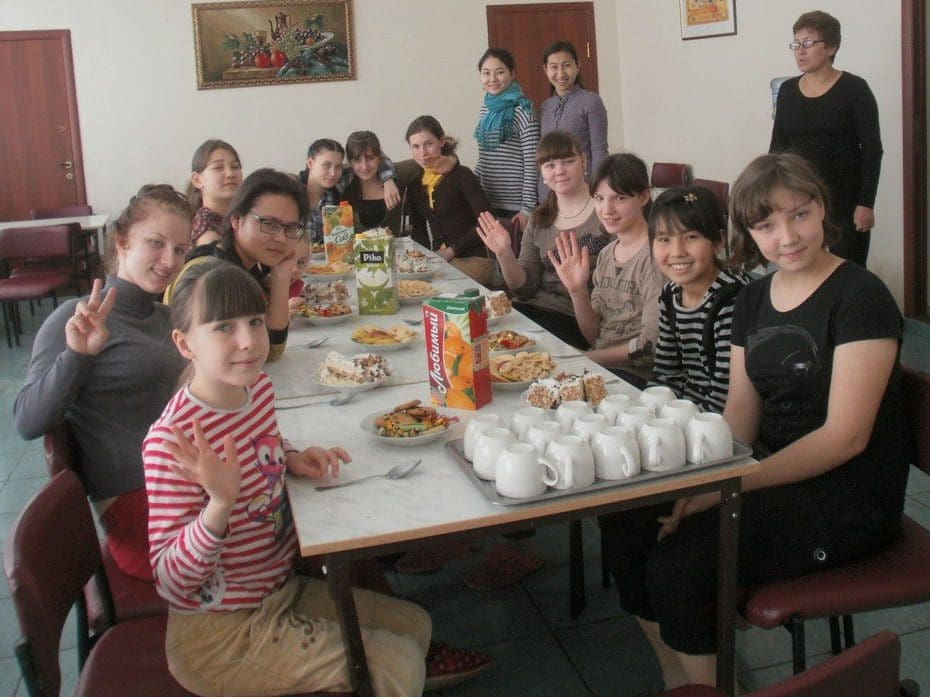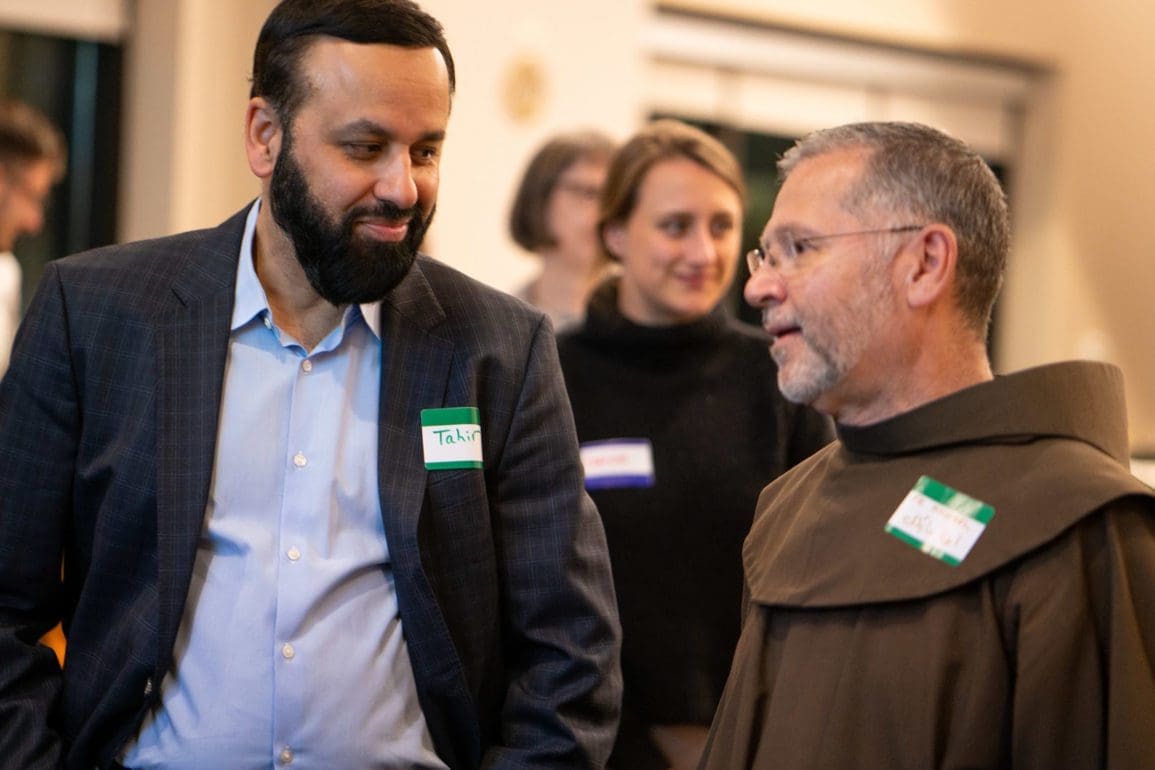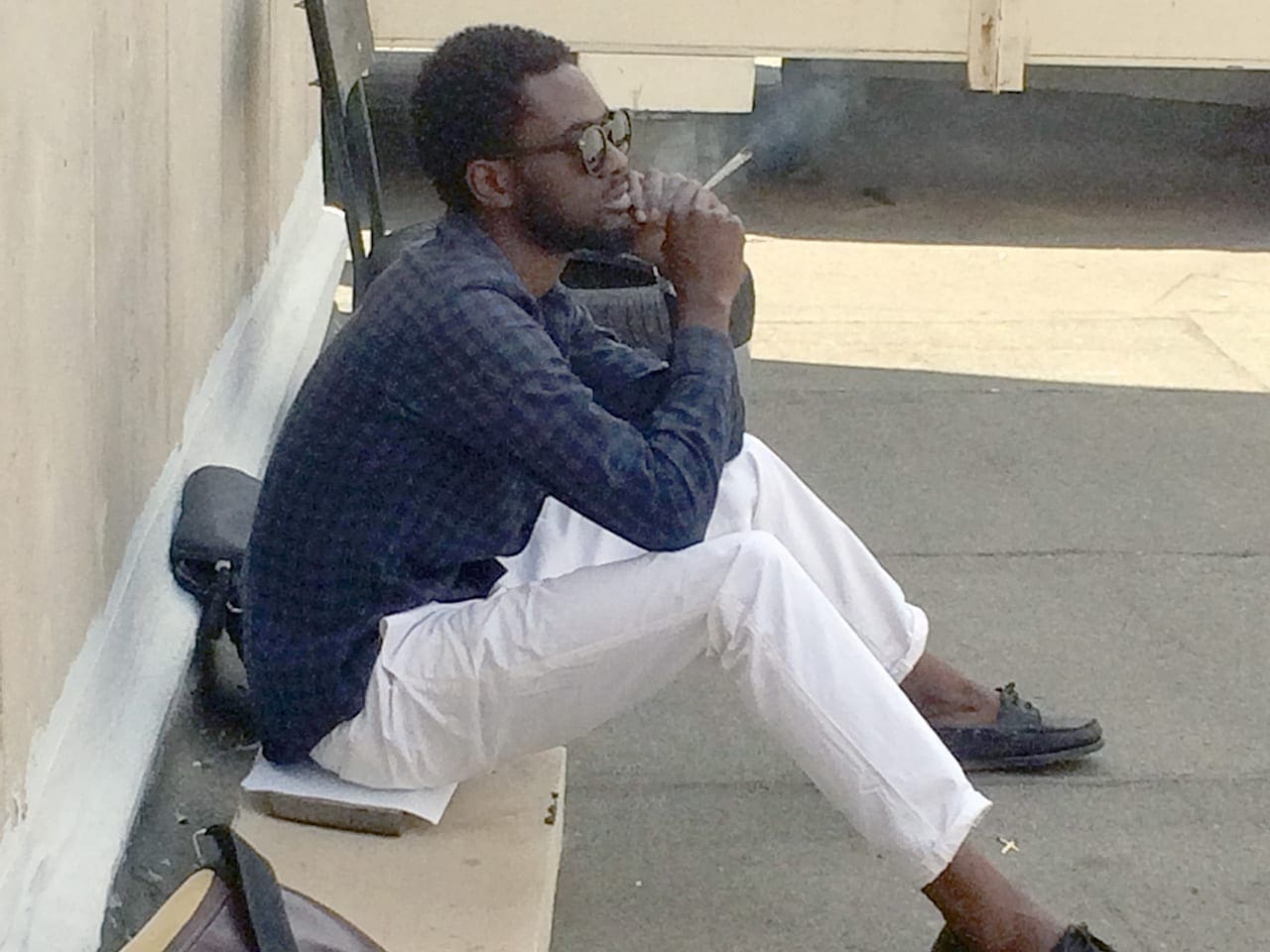Wildfire ravages Córdoba, compelling urgent evacuations: journalist witnesses city’s battle against the inferno
In Punilla Valley, the wildfire’s wrath cut a red-hot pathway through the landscape, encircling Villa Carlos Paz. All the locals, including me, fell into a state of desperation, saving anything we could. Firefighters and police braved the frontline as smoke billowed into the sky and sirens blared.
- 2 years ago
November 9, 2023
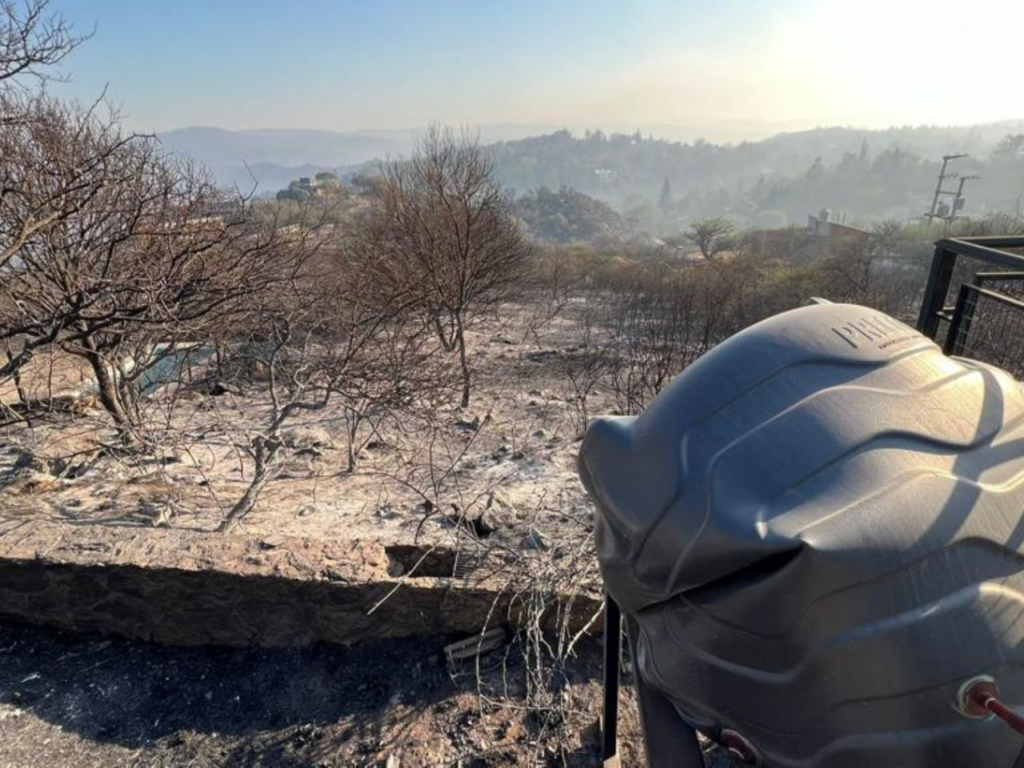
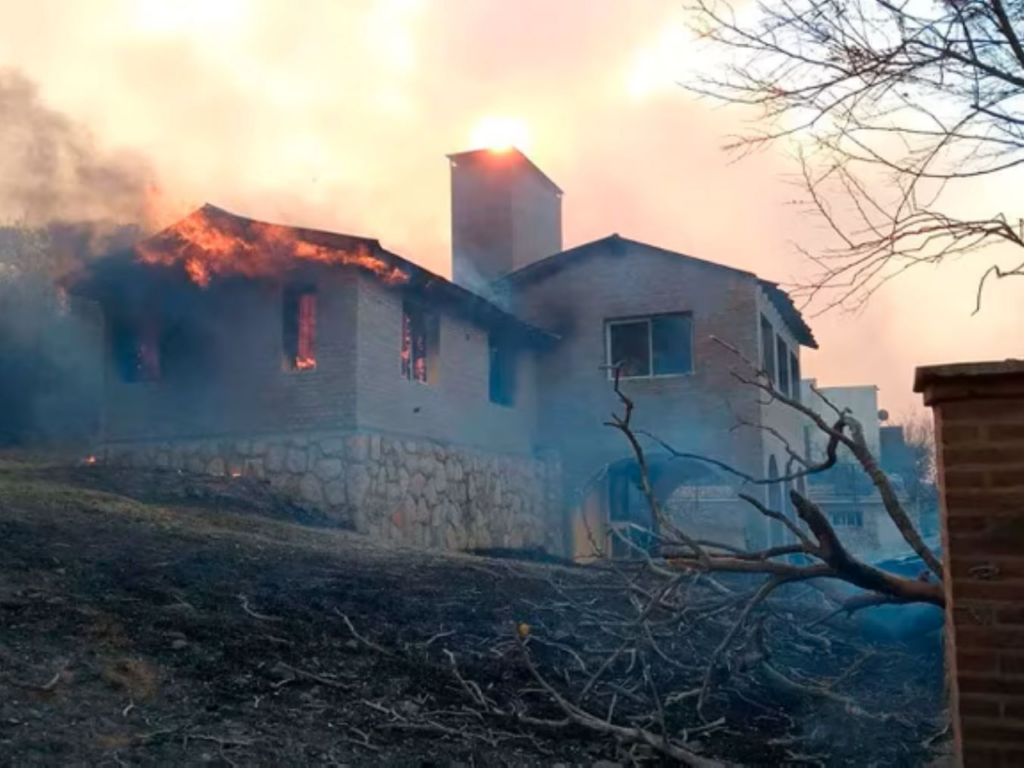
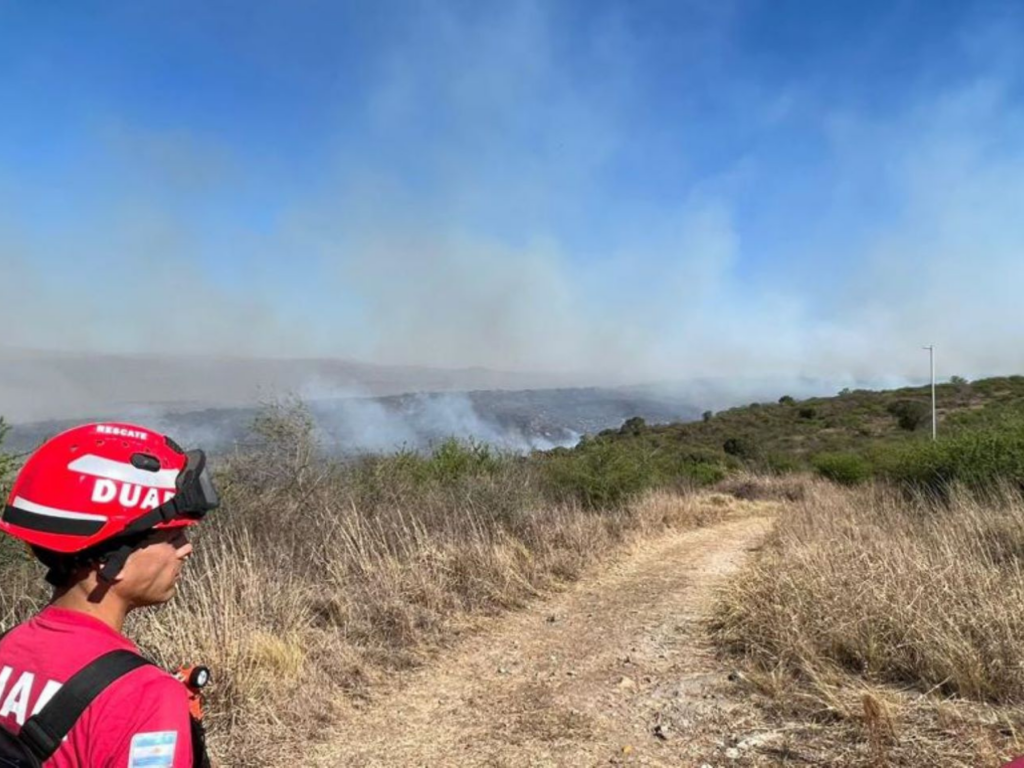

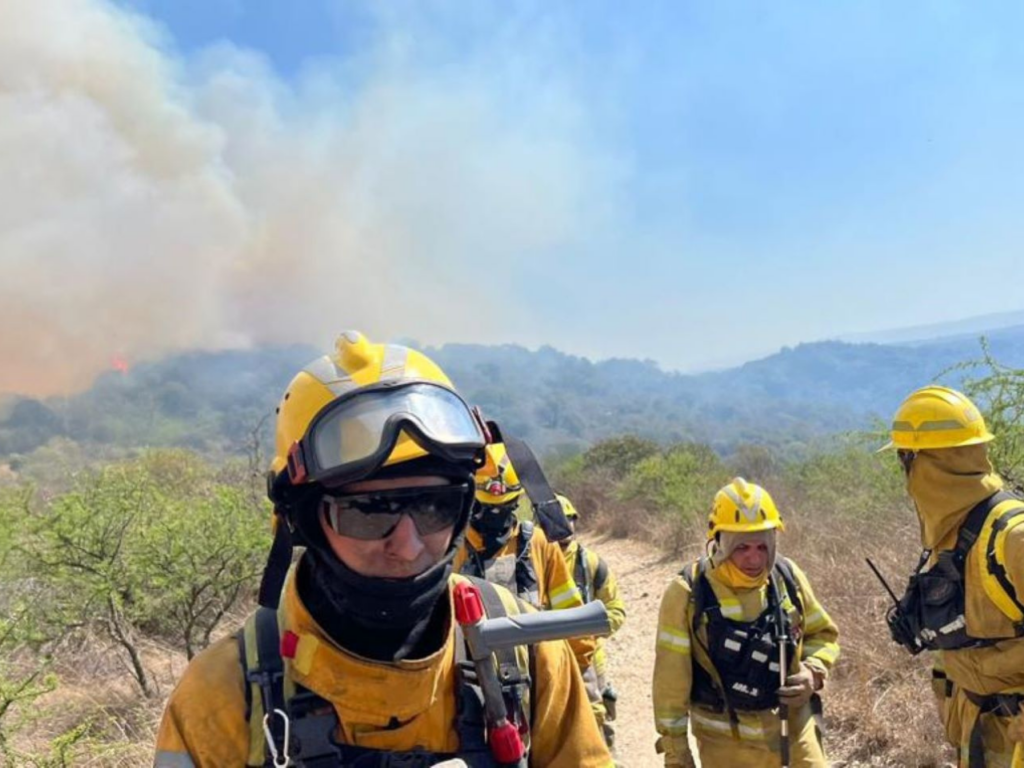

CÓRDOBA, Argentina — It was dawn on October 10, 2023, when fierce winds and intense heat sparked a monstrous wildfire in Córdoba. My heart pounded as I watched the blaze rage through our town from the night before, consuming everything in its wake. Officials responded swiftly, ordering evacuations to protect the community.
Amidst the chaos, I witnessed the city’s battle against a massive inferno. Infantry worked in unison with planes and helicopters, relentlessly dousing the flames in an attempt to extinguish them. In the brutal heat and raging winds, the firefighters acted as our defenders. Their goal remained clear, to protect homes and save lives. In the face of the fire, they became our hope, guarding the heart of our homes.
Read more wildfire stories at Orato World Media
Flames towered over 400 homes as rescuers pulled locals to safety
In Punilla Valley, the wildfire’s wrath cut a red-hot pathway through the landscape, encircling Villa Carlos Paz. All the locals, including me, fell into a state of desperation, saving anything we could. Firefighters and police braved the frontline as smoke billowed into the sky and sirens blared. The once beautiful landscape now looked like a backdrop to chaos.
Suddenly, violent winds whipped the fire into a frenzy, demanding immediate evacuations. I watched with my heart in my throat as flames towered over 400 homes from Villa Carlos Paz all the way to Cabalango and Tala Huasi. The air grew thick, and smoke invaded the houses.
Neighbors, feeling stubborn in the face of danger, clung to their homes, believing they could wait out the wildfire. Their resistance faded as rescuers pulled them to safety. With their faces wet with tears, I listened to them plead – their voices now an echo. At least 30 residents had to leave their homes due to the impending danger.
Despite the efforts of the fire brigades, supported by aircraft and helicopters, the blaze raged on. The wildfire threatened to stretch to Córdoba’s capital, 40 kilometers away. The city teetered on the brink of panic as smoke loomed ever closer.
Then, as if by grace, the rain came. Each drop that fell against the searing heat helped extinguish the flames and offered rest for a moment. We remained vigilant, knowing the threat of a resurgence remained ever-present.
The wildfire spared nothing, Cordoba is one of the most fire-prone places in the world
Córdoba’s fight against wildfires feels unending now. Drought and climate change render the province one of the most fire-prone in the world. Most of the time, human negligence ignites these blazes. Discarded cigarettes, illegal bonfires, or vast deforestation for development spell disaster for both people and the planet. Witnessing the aftermath, a sense of profound desolation enveloped me.
As I stood amidst the charred remains where lush woodlands once thrived, the tragedy of these fires feels overwhelming. Often, the view reduces me to tears. The fire is ruthless, obliterating native flora and fauna, and sparing nothing. Unease grips me now, as I survey the landscape’s transformation.
Wildfires in the region scorched their way to the water’s edge. Now, our once-pristine rivers and lakes appear murky. Rains washed the debris into Lake San Roque. The settling ash fuels rampant algae blooms, disrupting the delicate aquatic ecosystem. This scene of ecological disruption serves as a powerful testament to the fragile union of land and water.
Córdoba’s ecological heartbreak: “We face stark realities”
Looking to the future, I fear we face a stark reality. To safeguard our community from wildfires, we must actively engage the people of Córdoba and its visitors, educating them on the dangers and consequences of fire negligence. We also need to confront the unchecked deforestation driven by development companies.
Addressing these challenges looms large, but through education, we can empower our youth. Despite the gravity of today’s situation, I am steadfast in my belief in a brighter, more hopeful future.
The scars of this disaster run deep in our community and serve as a testament to the unstoppable power of nature. It is a reminder of the fragile claim we think we have over this planet.
All photos courtesy of Andrés Ferreyra.



